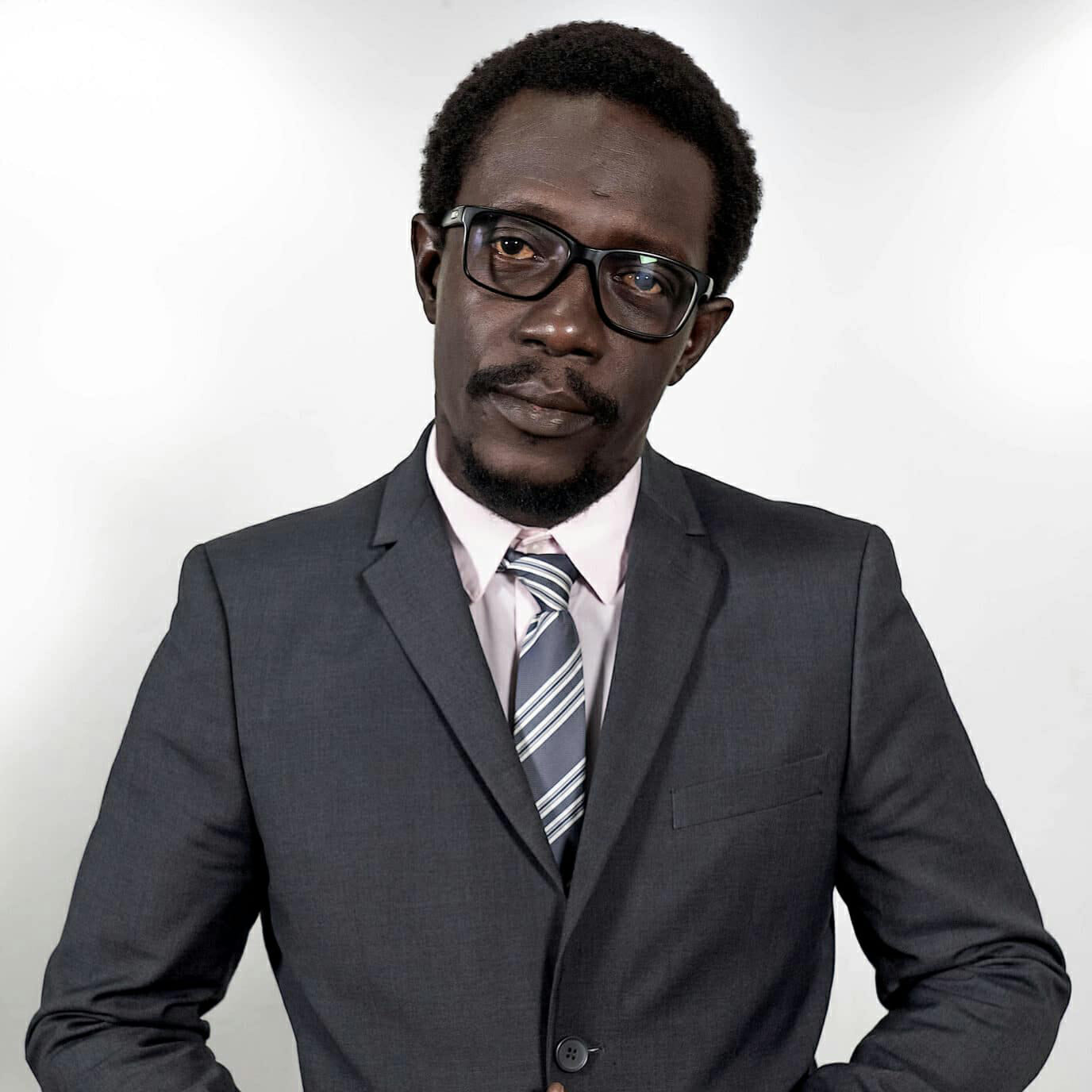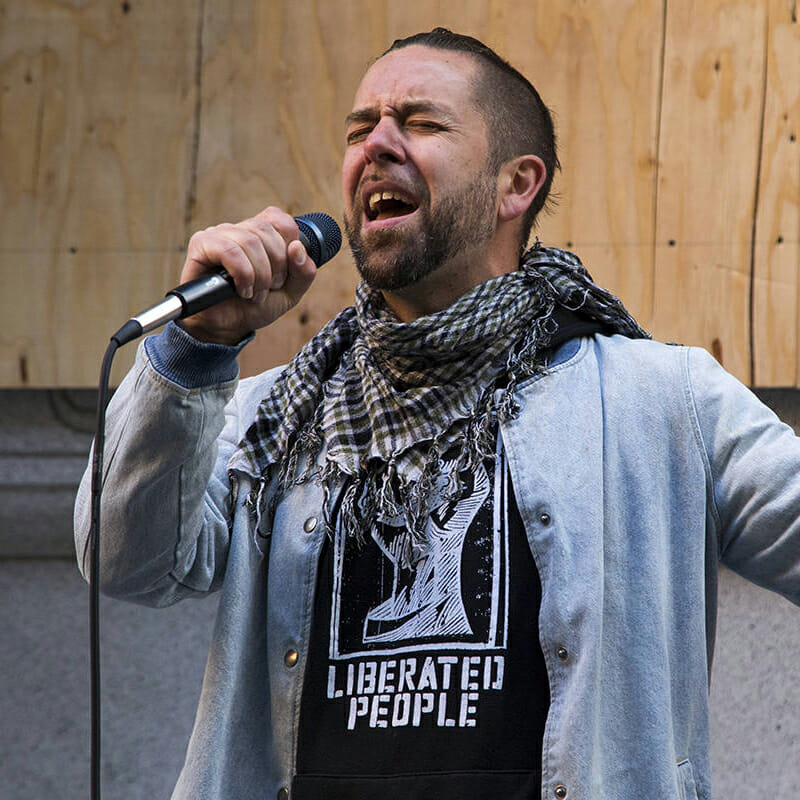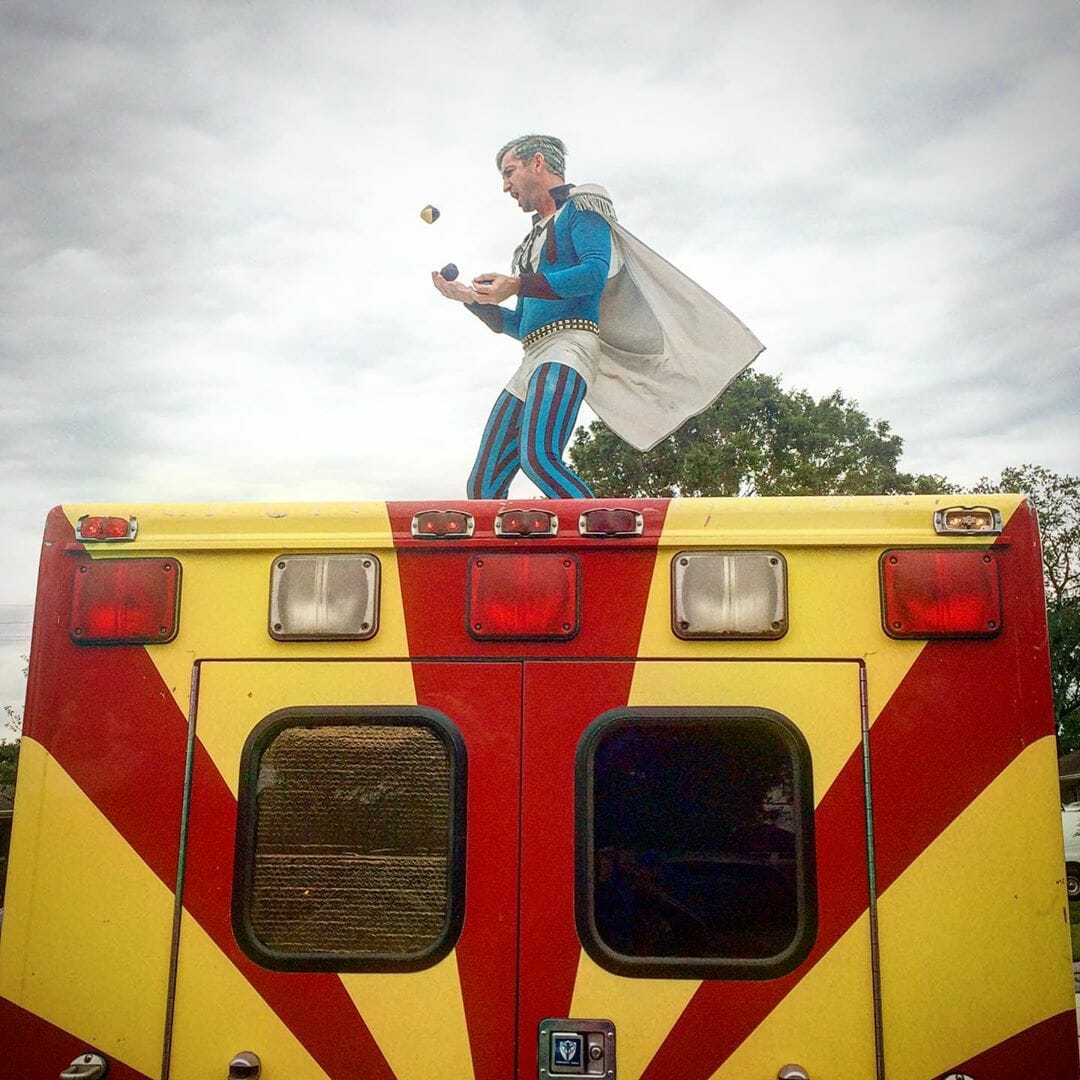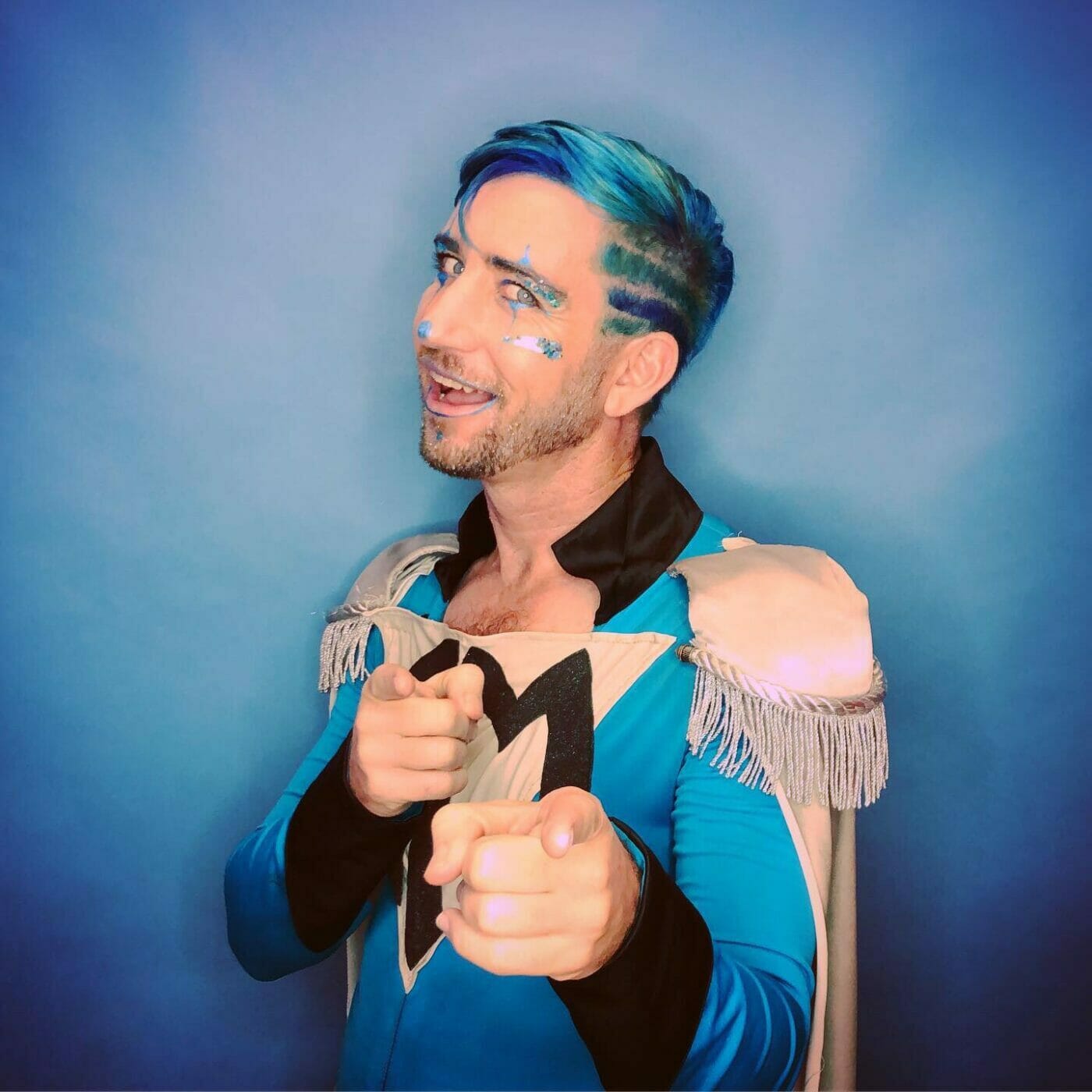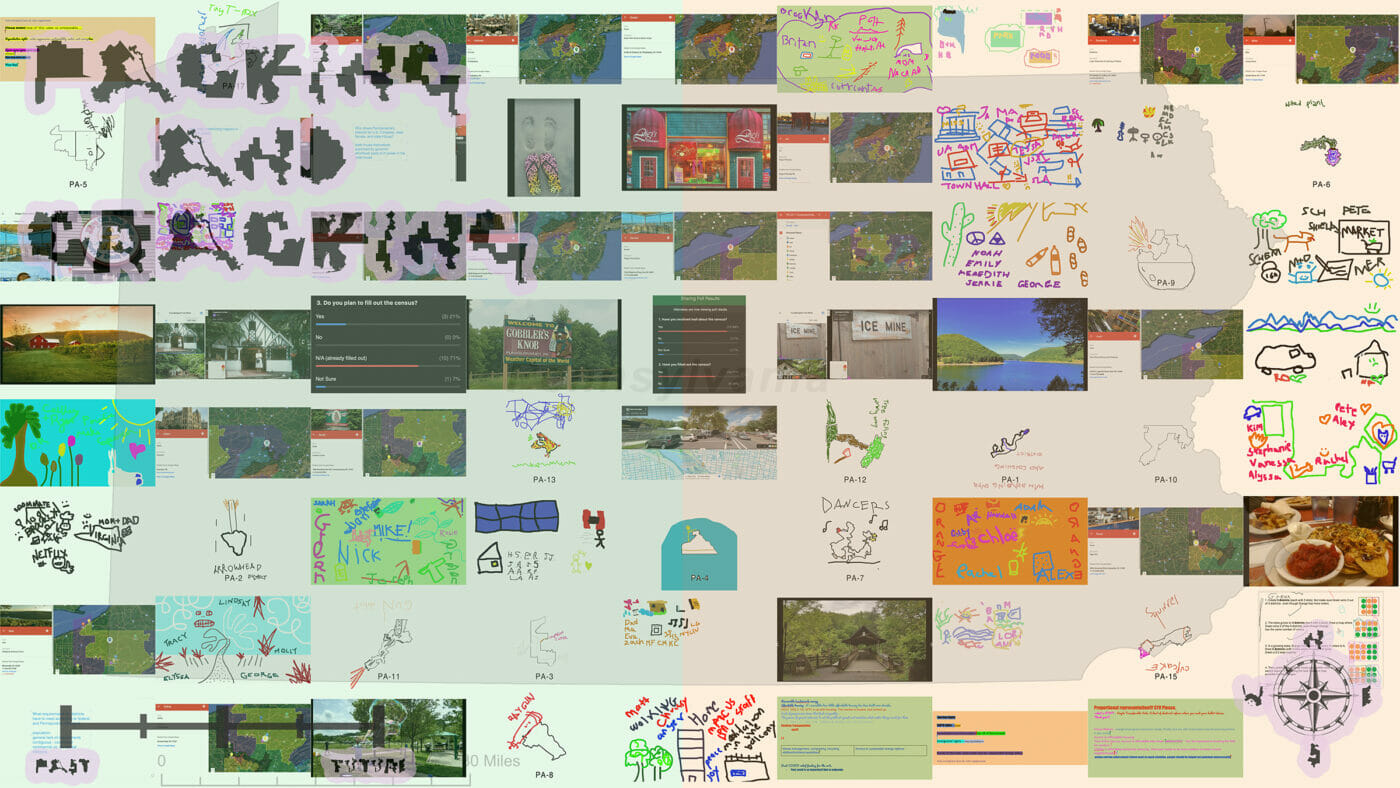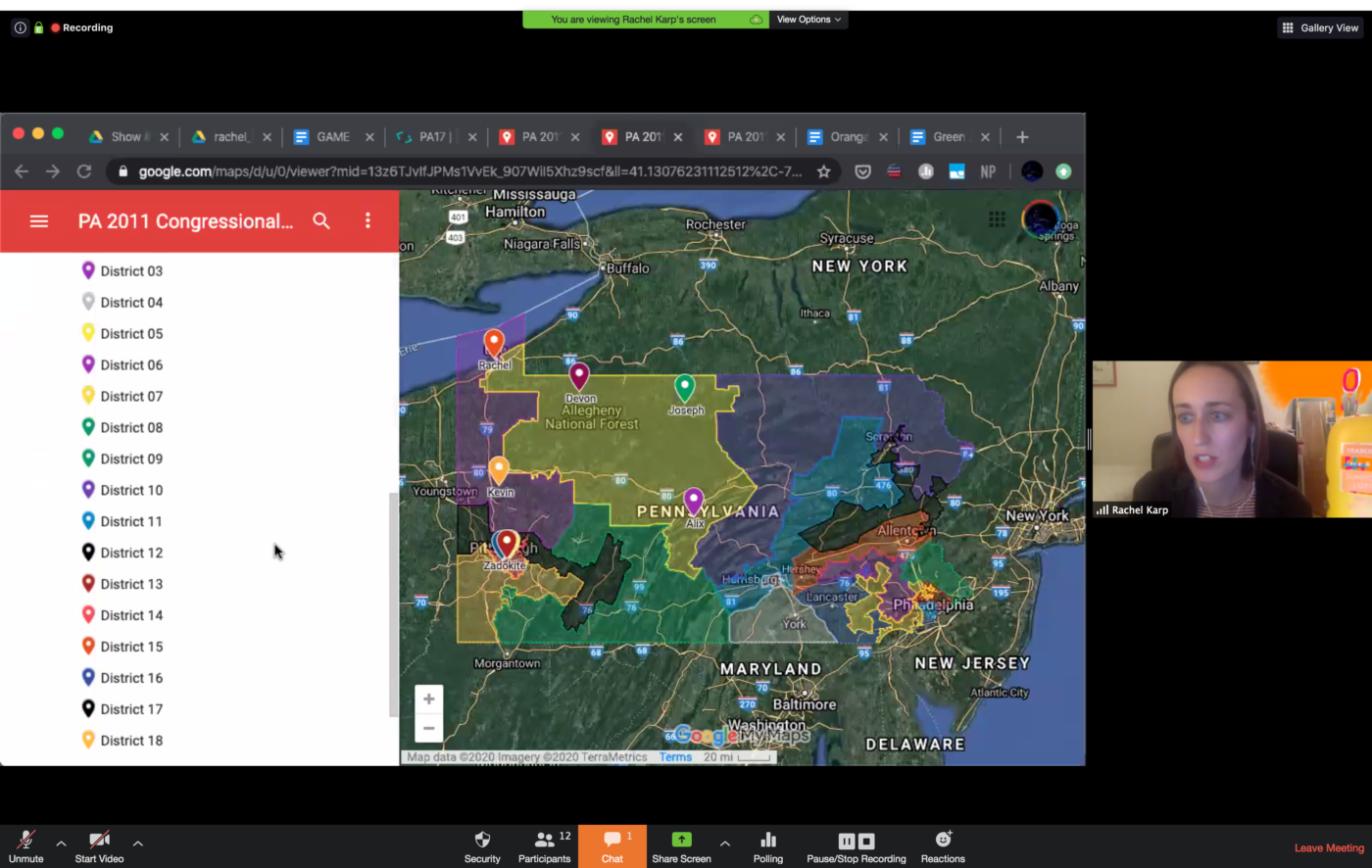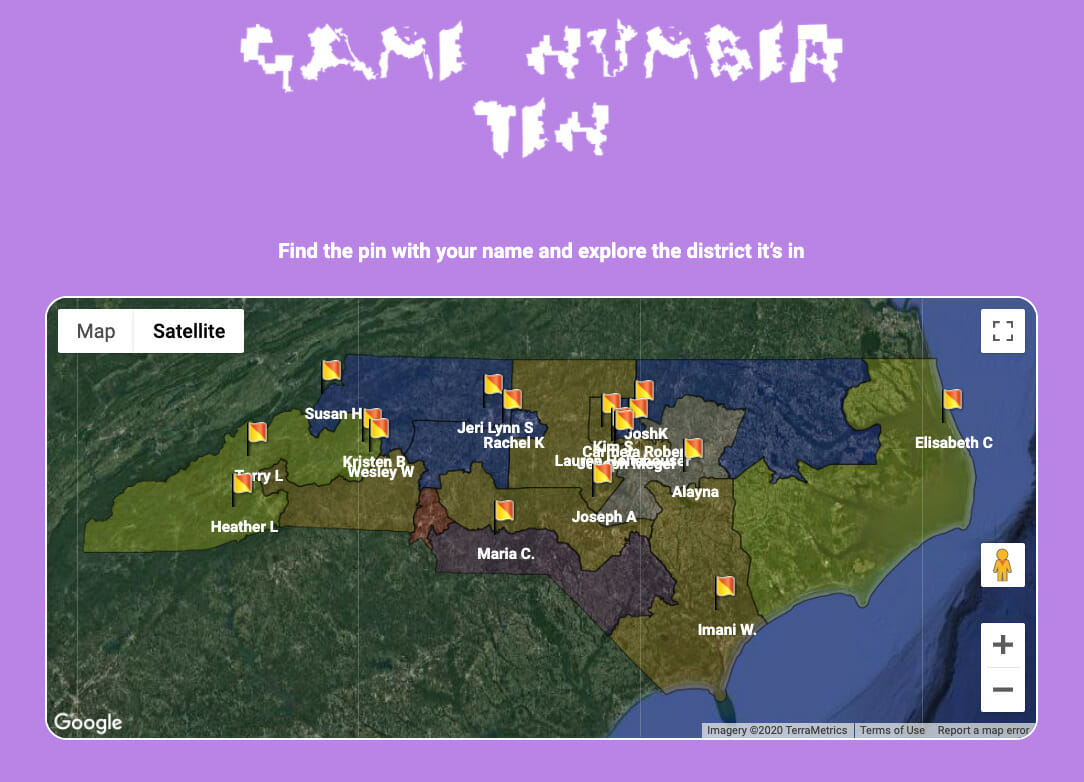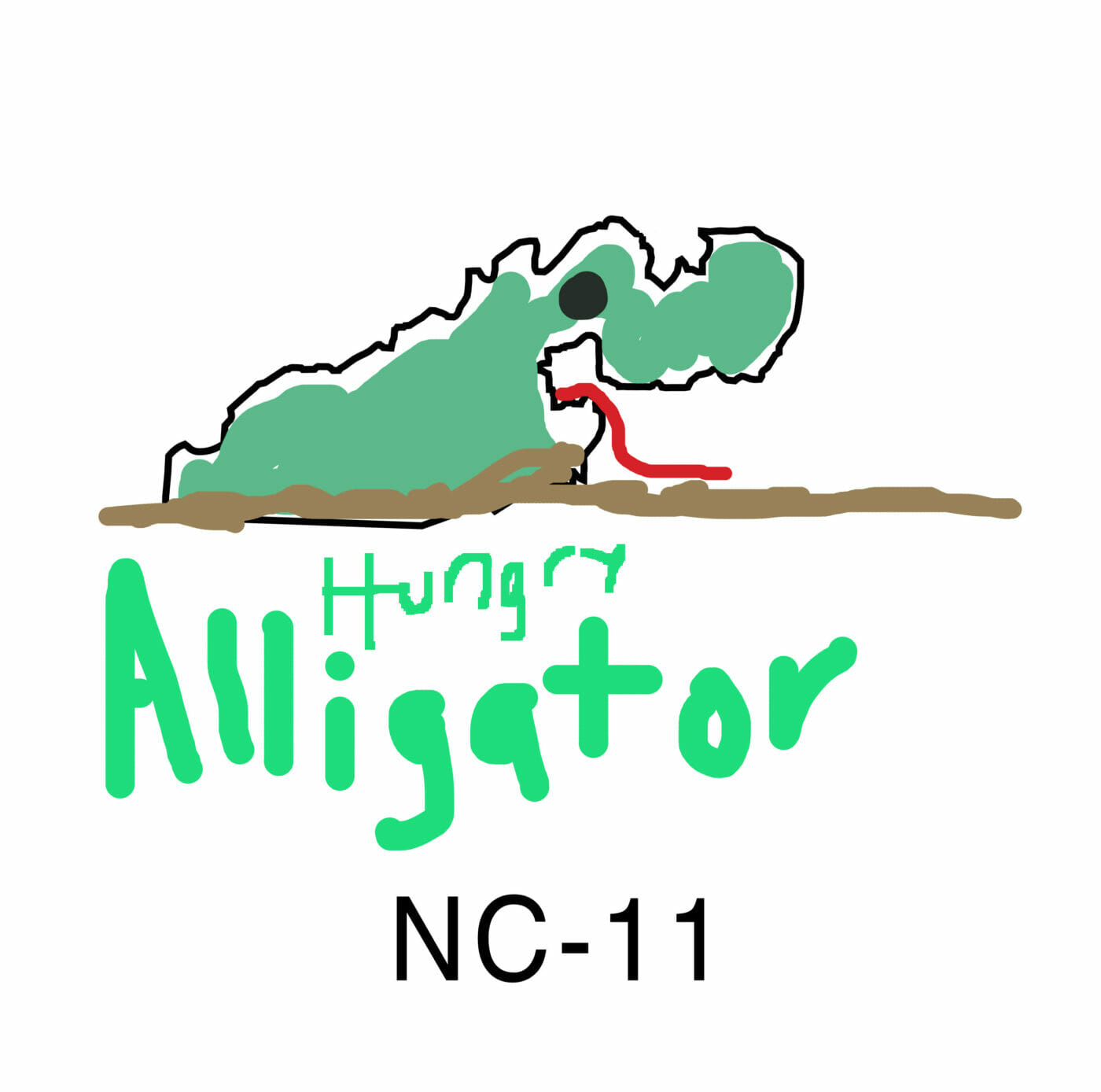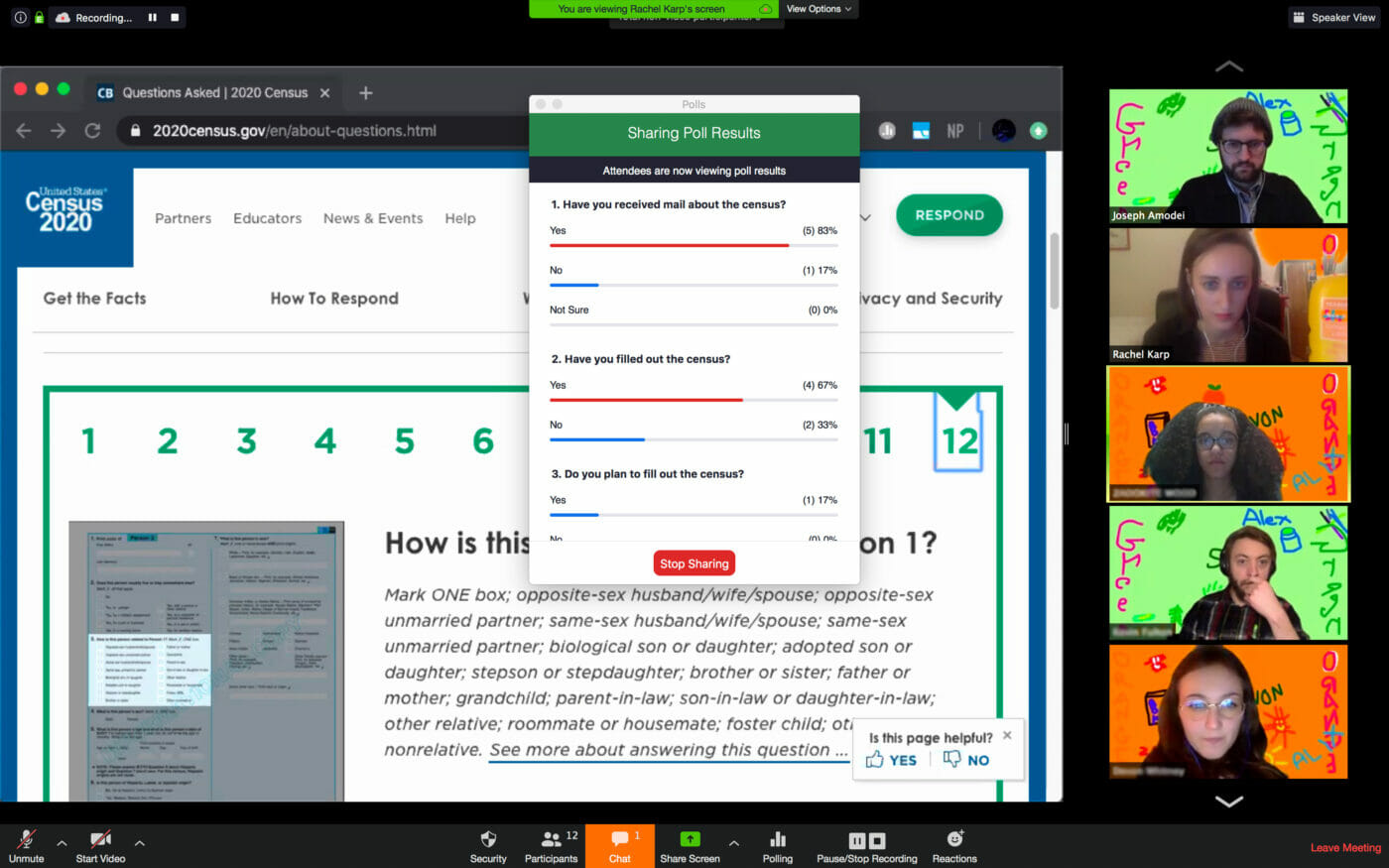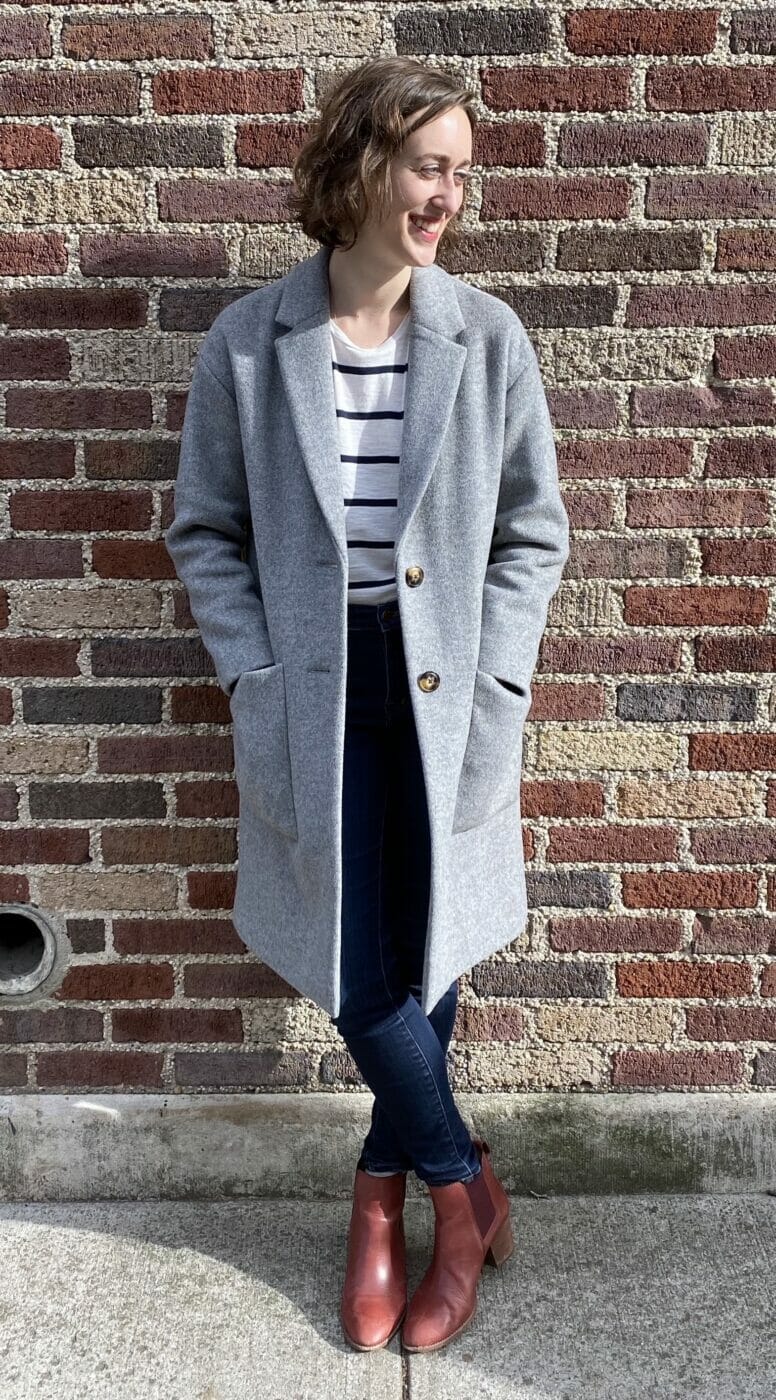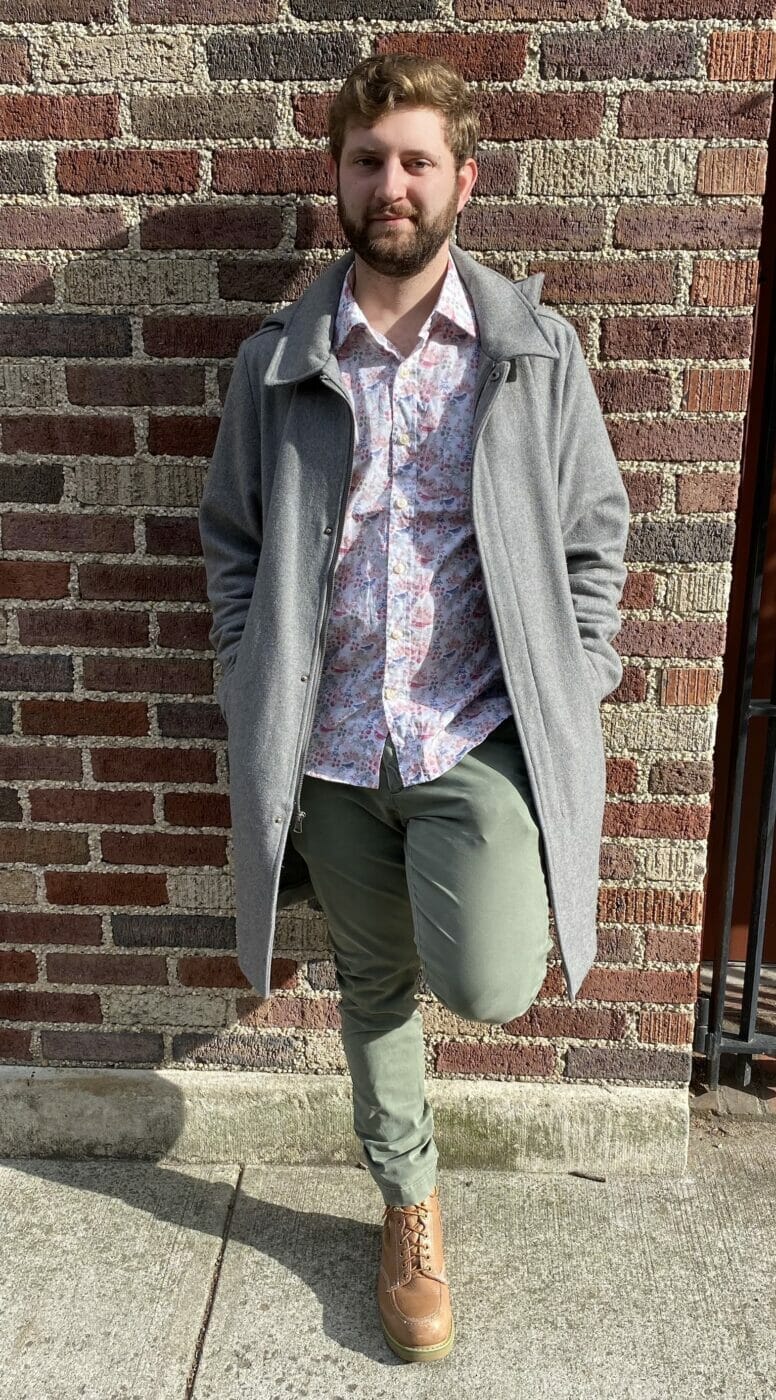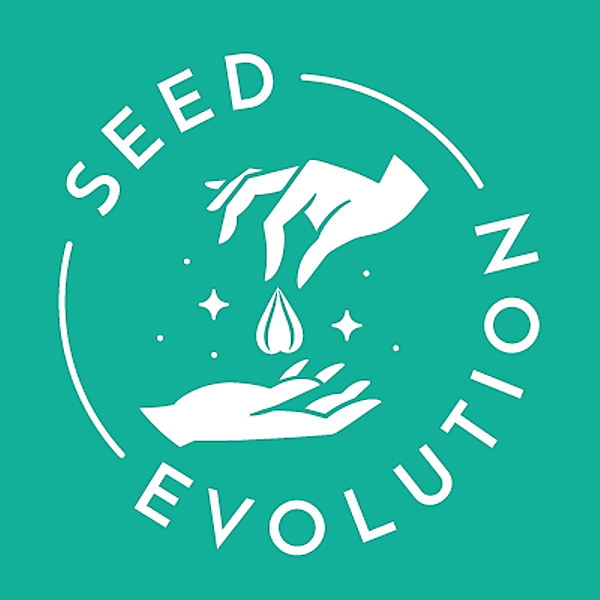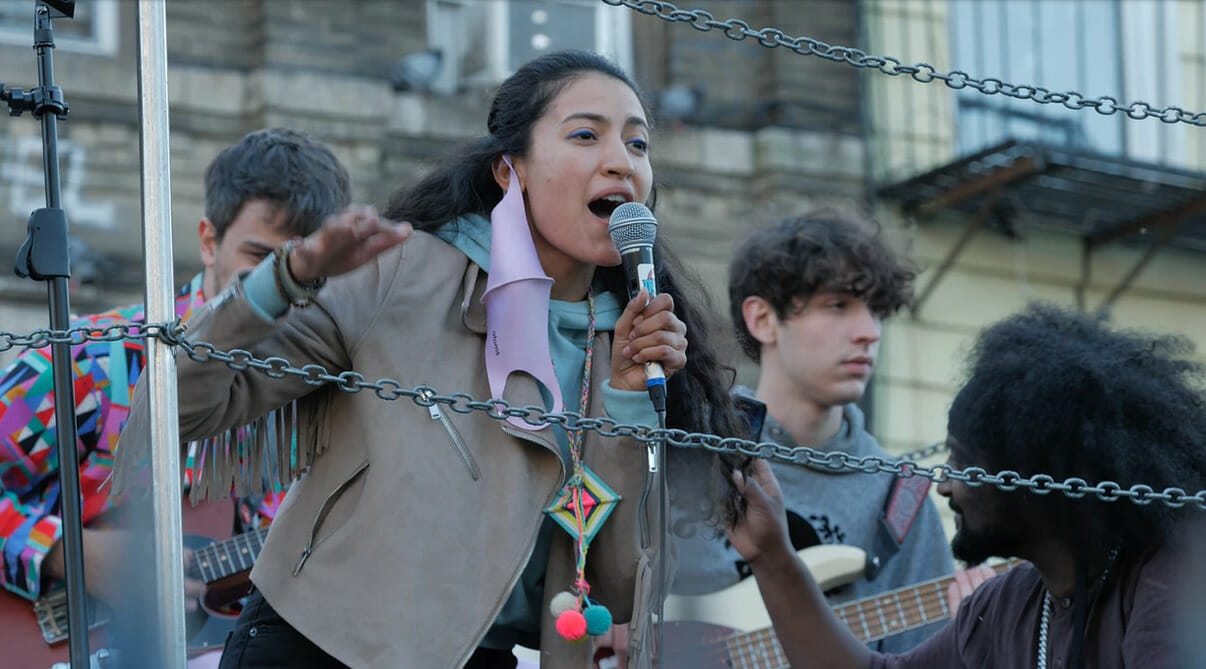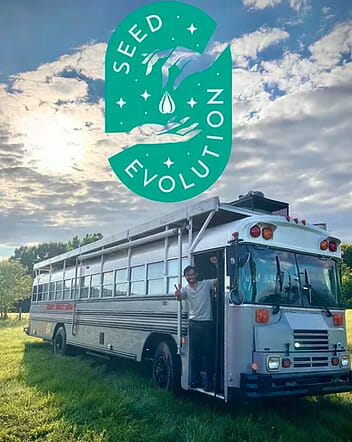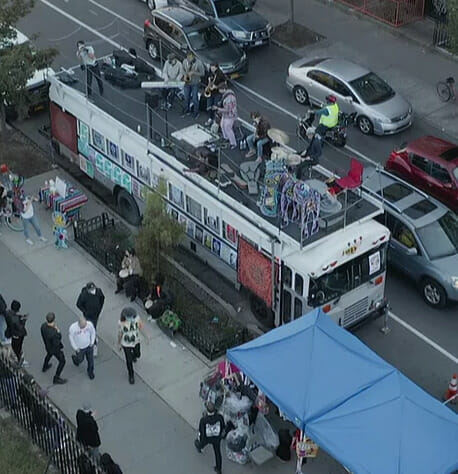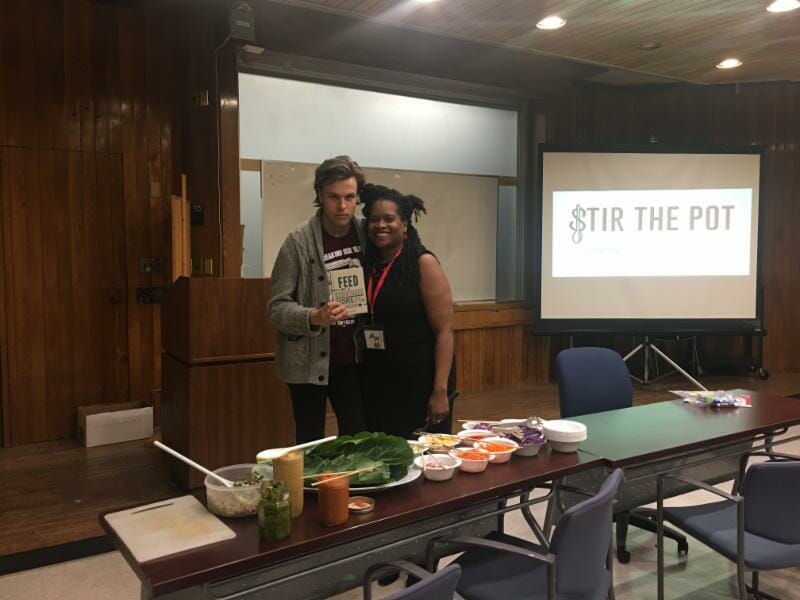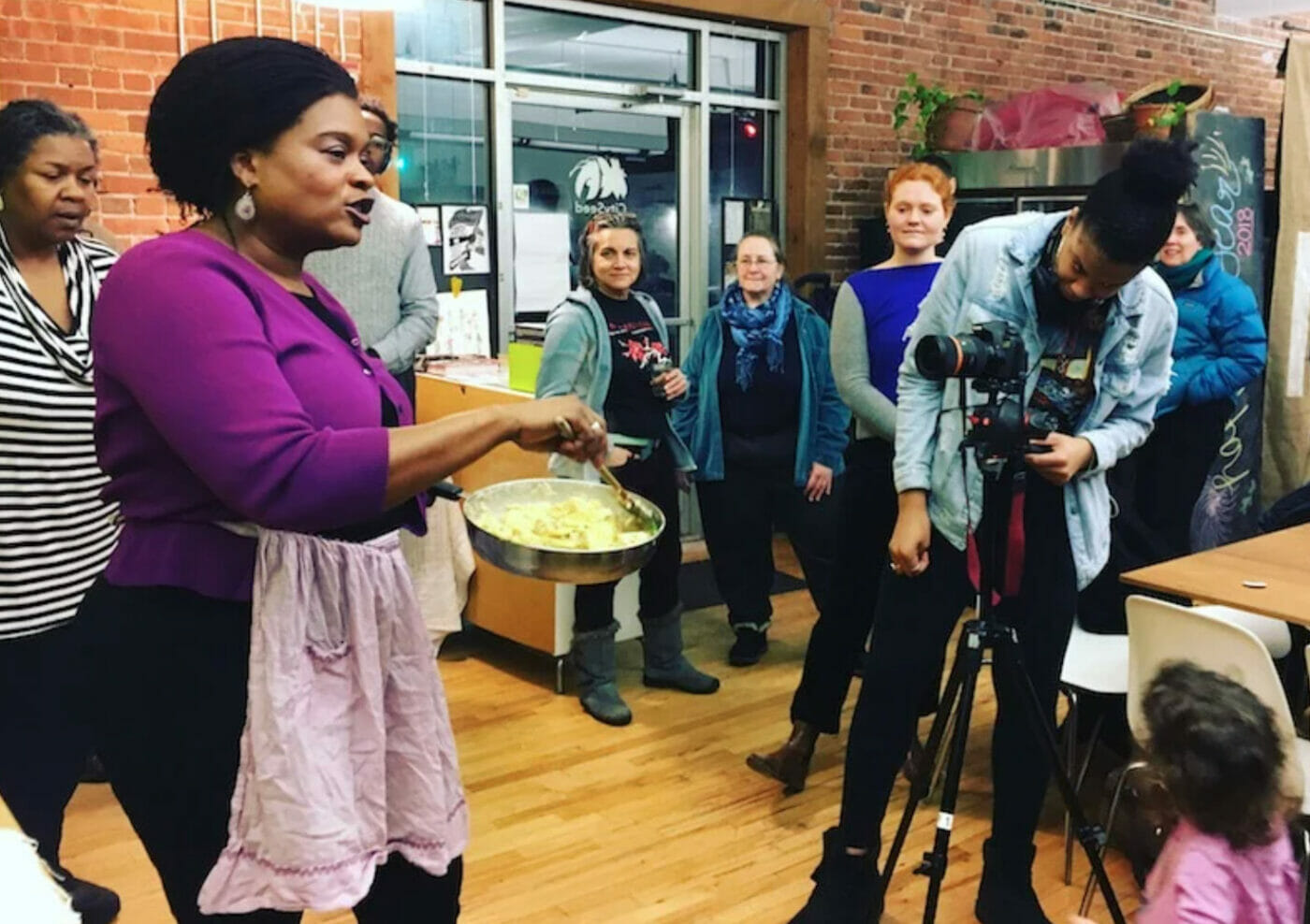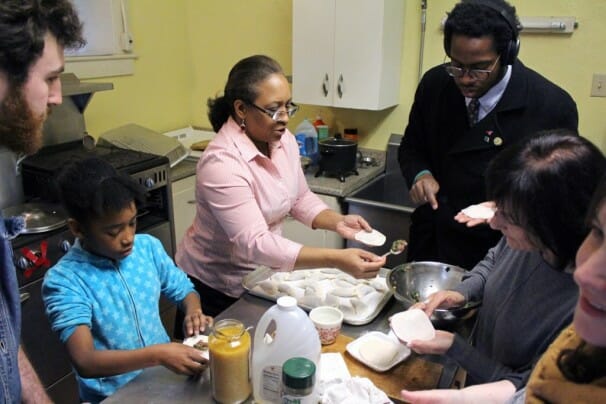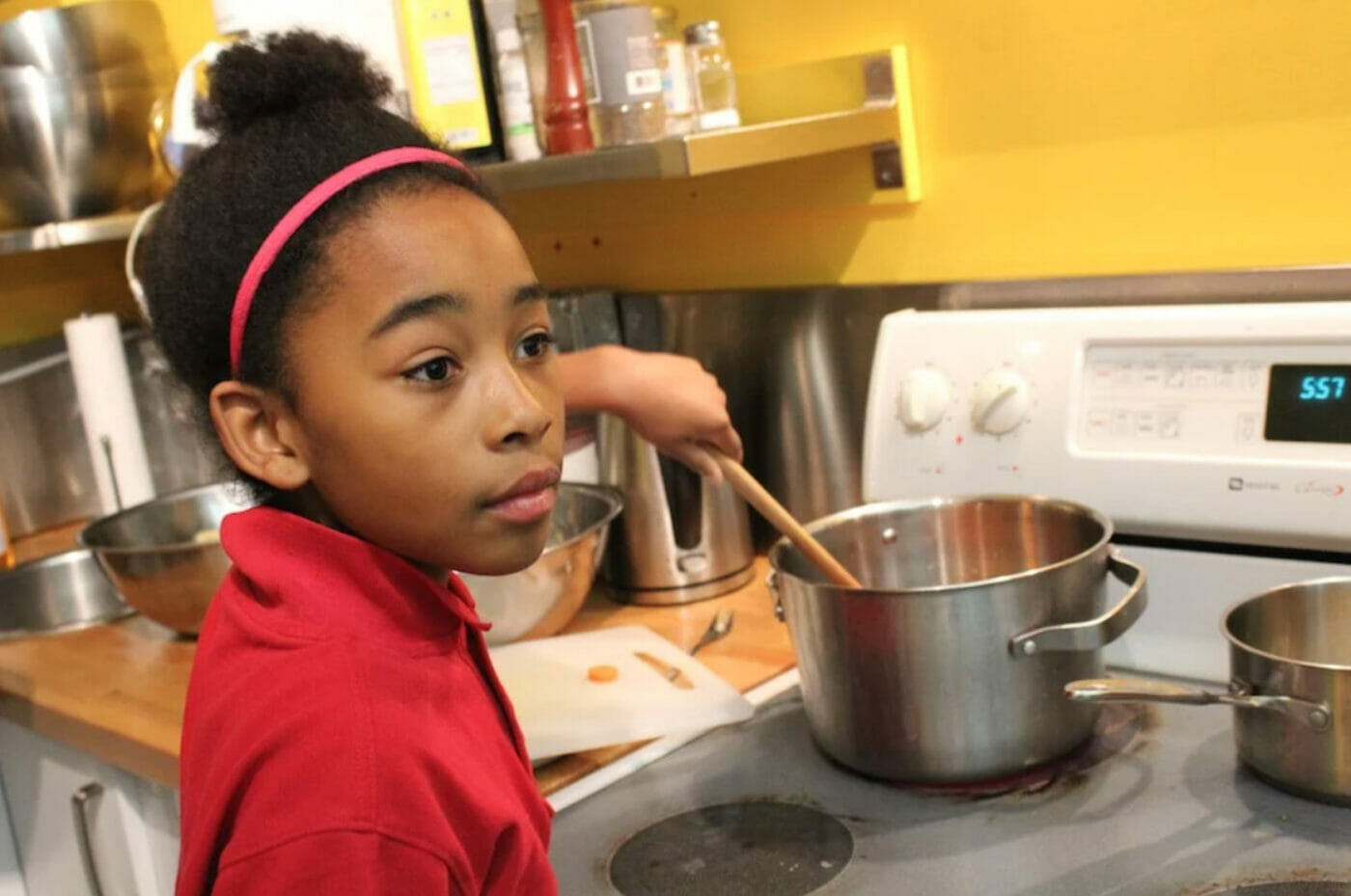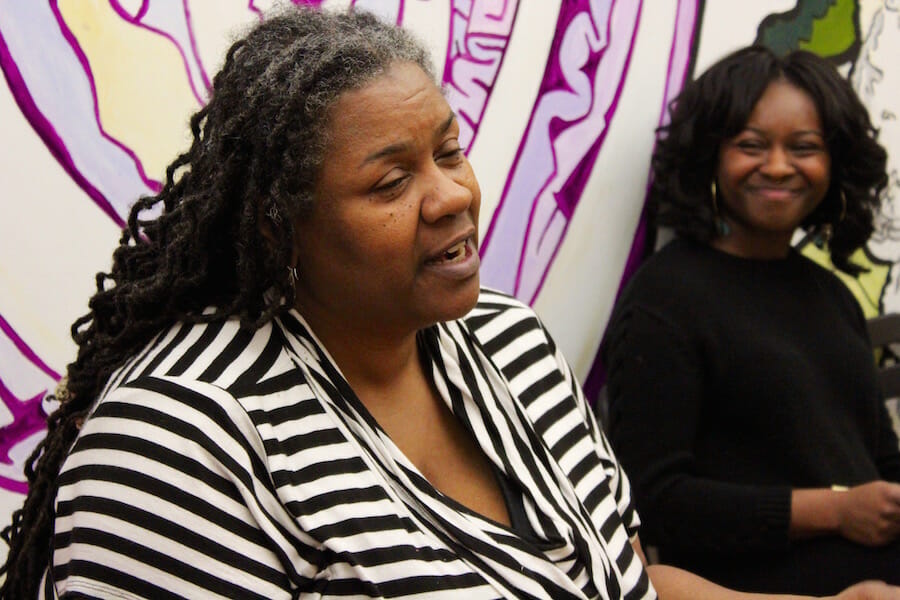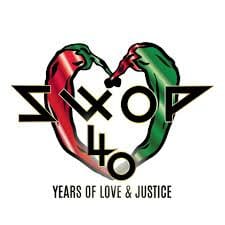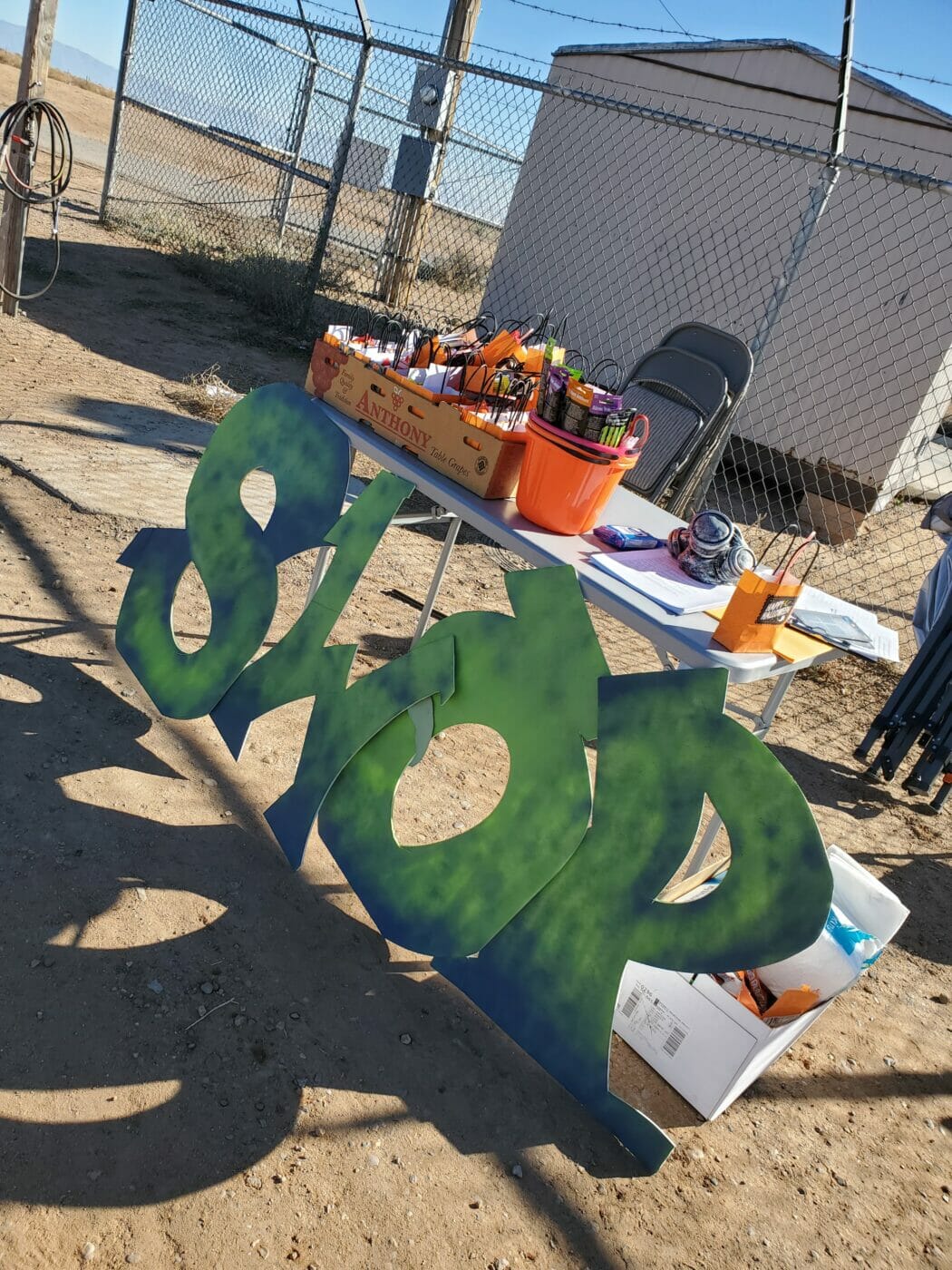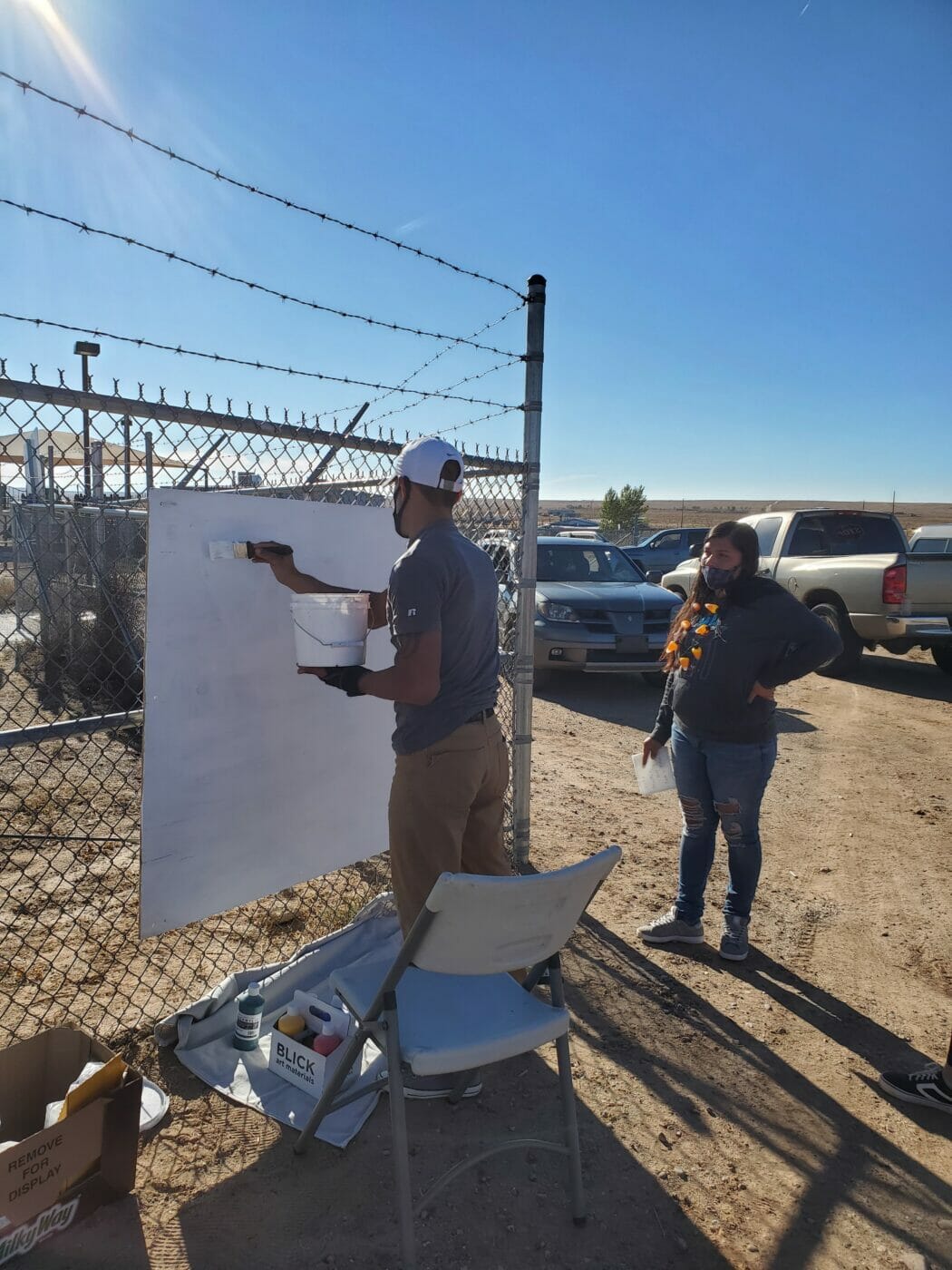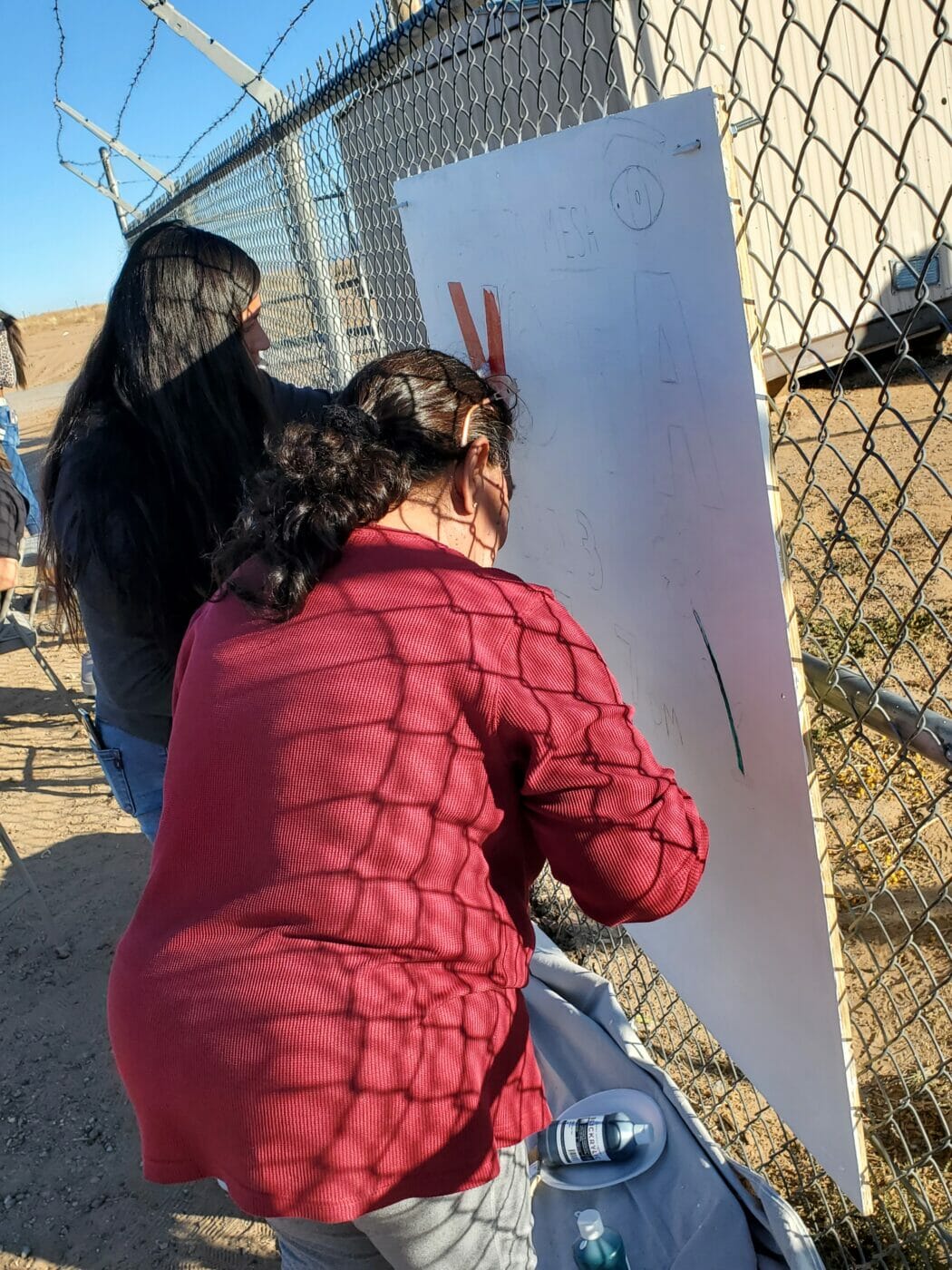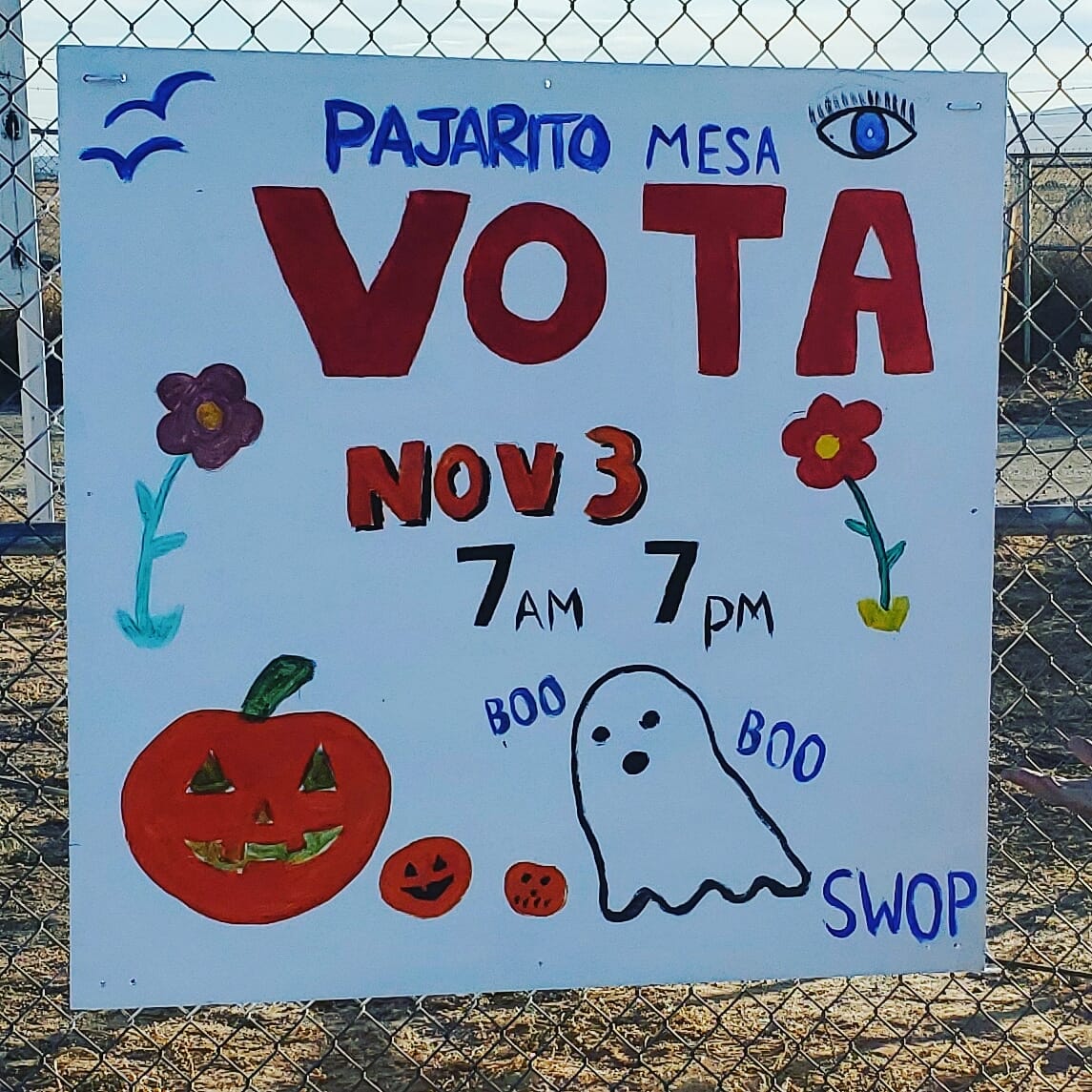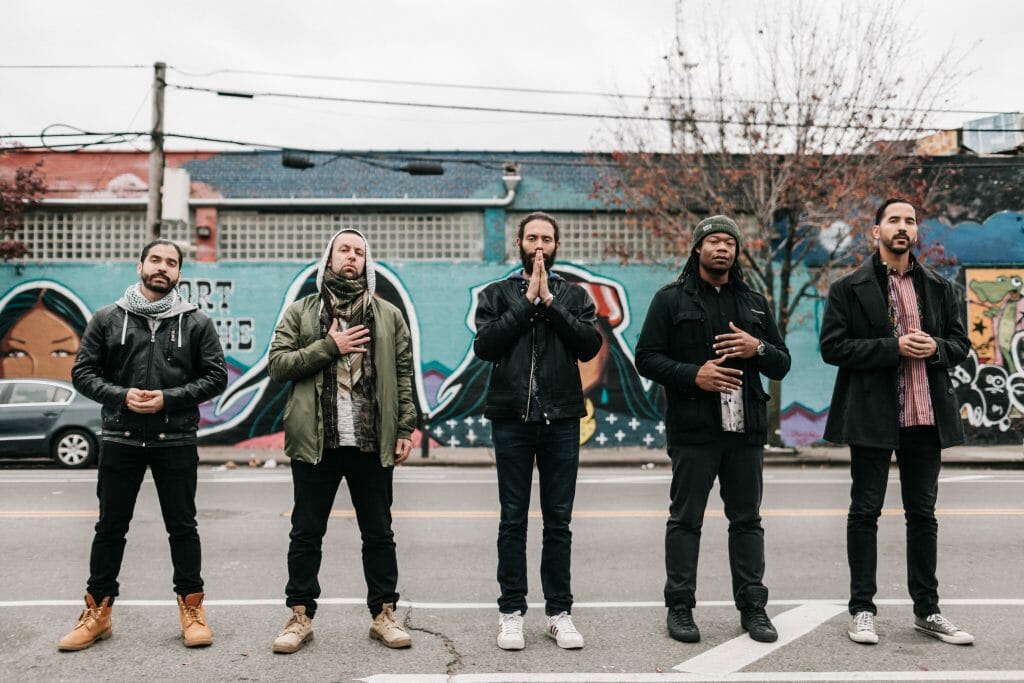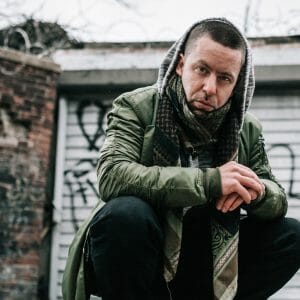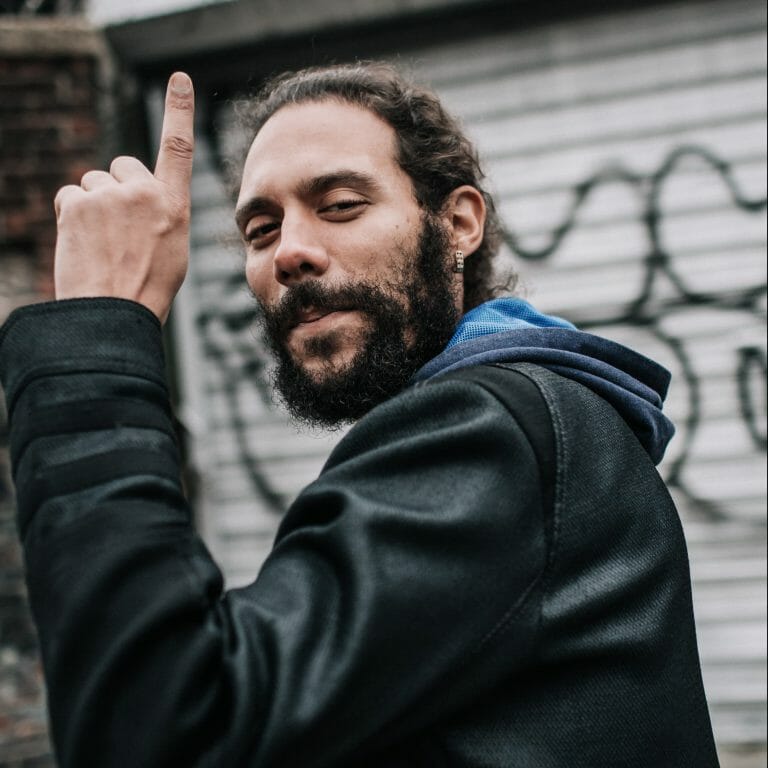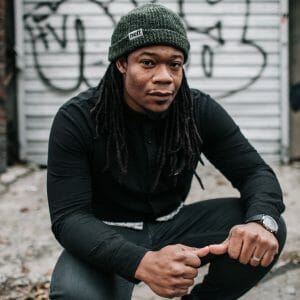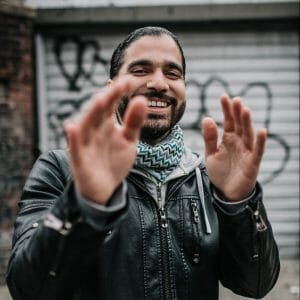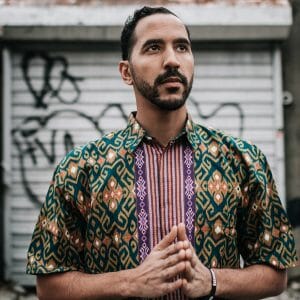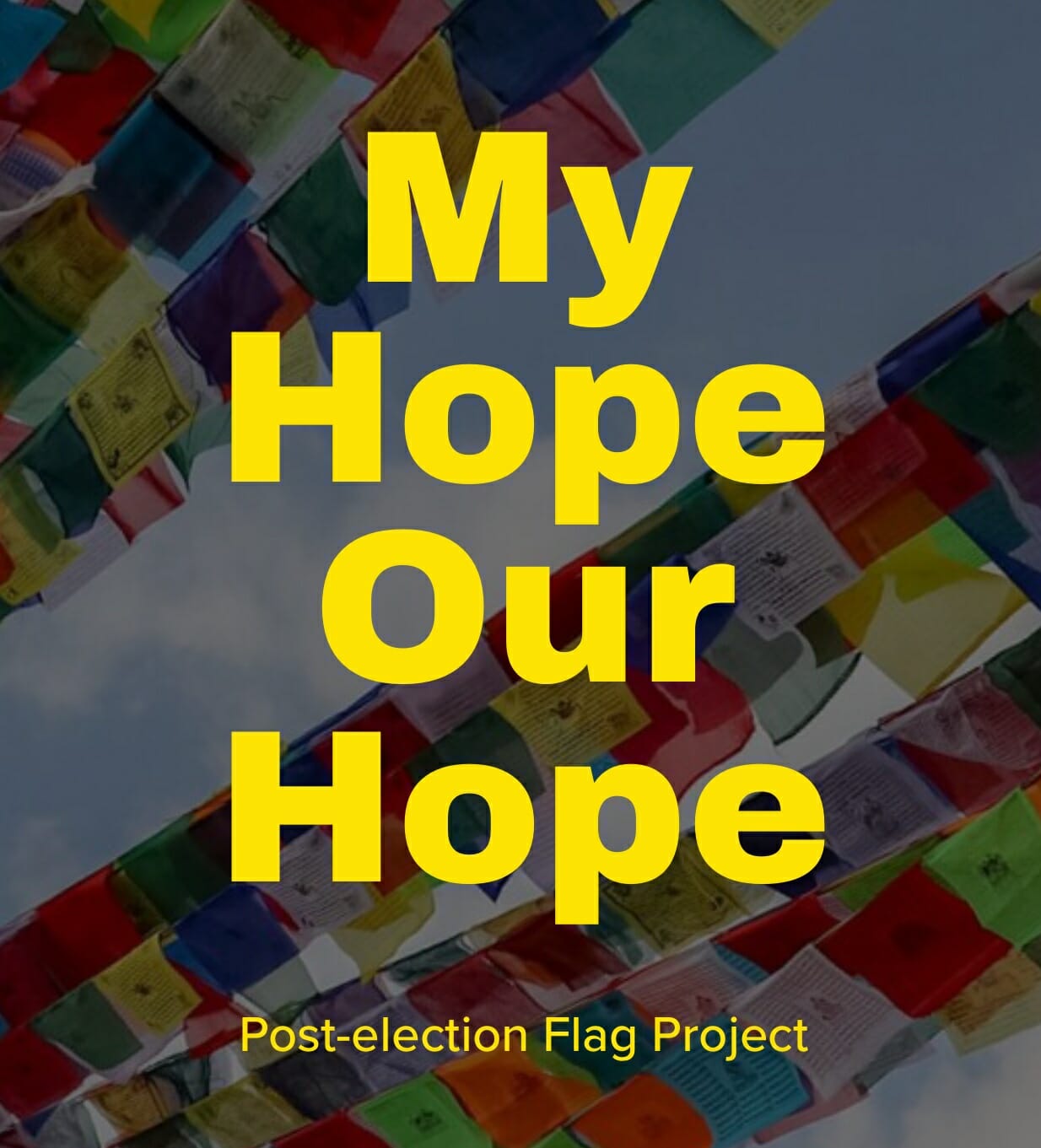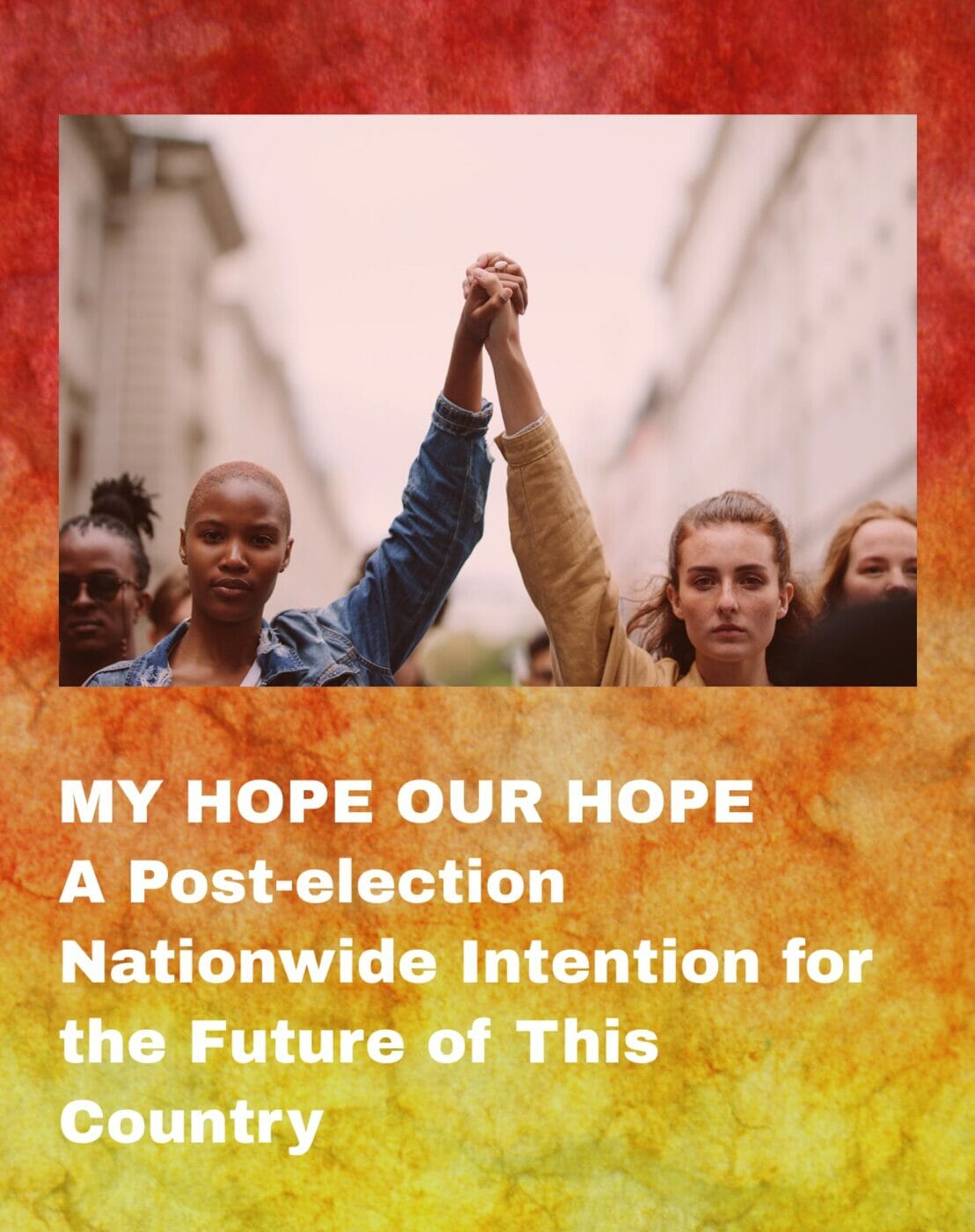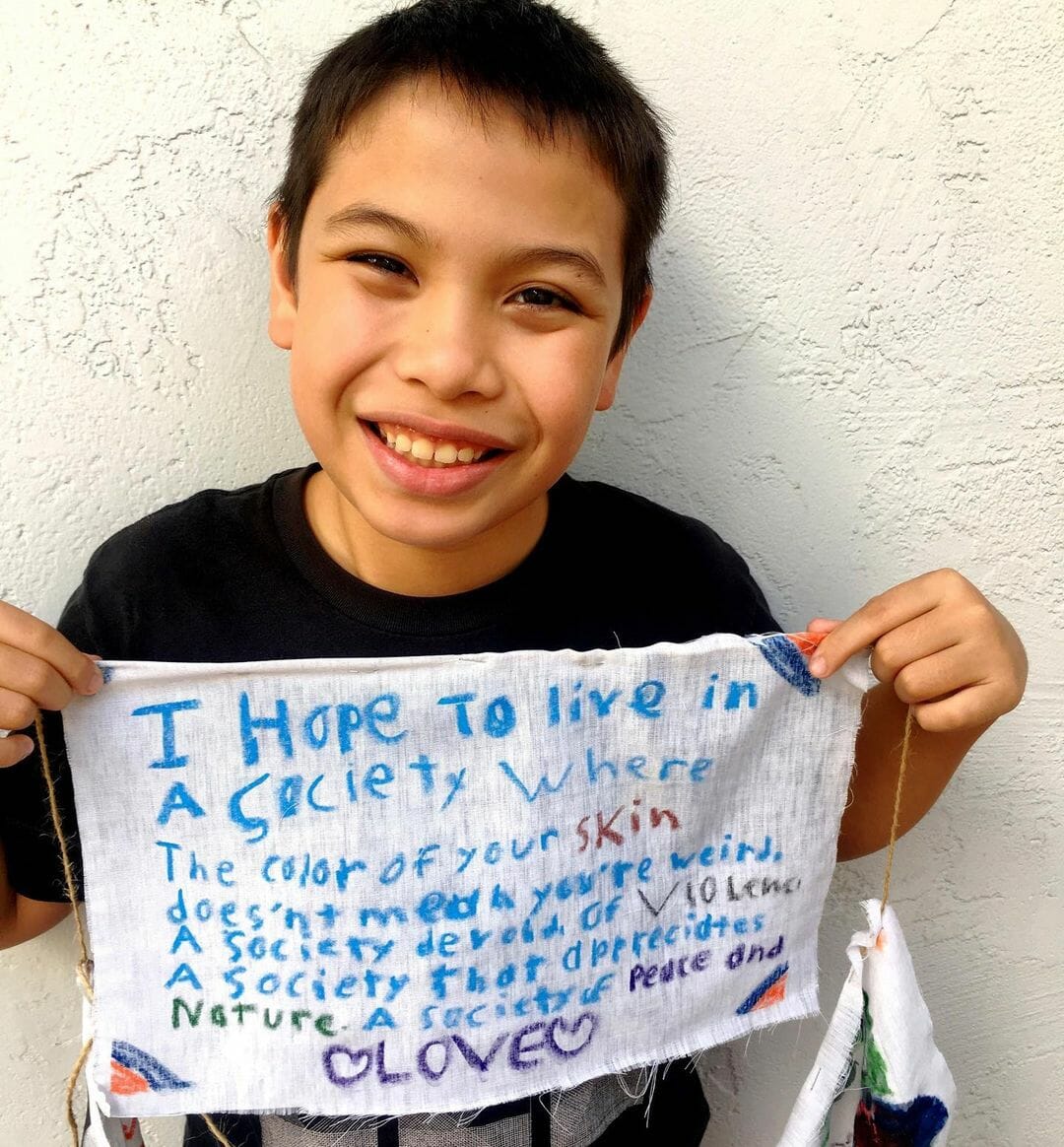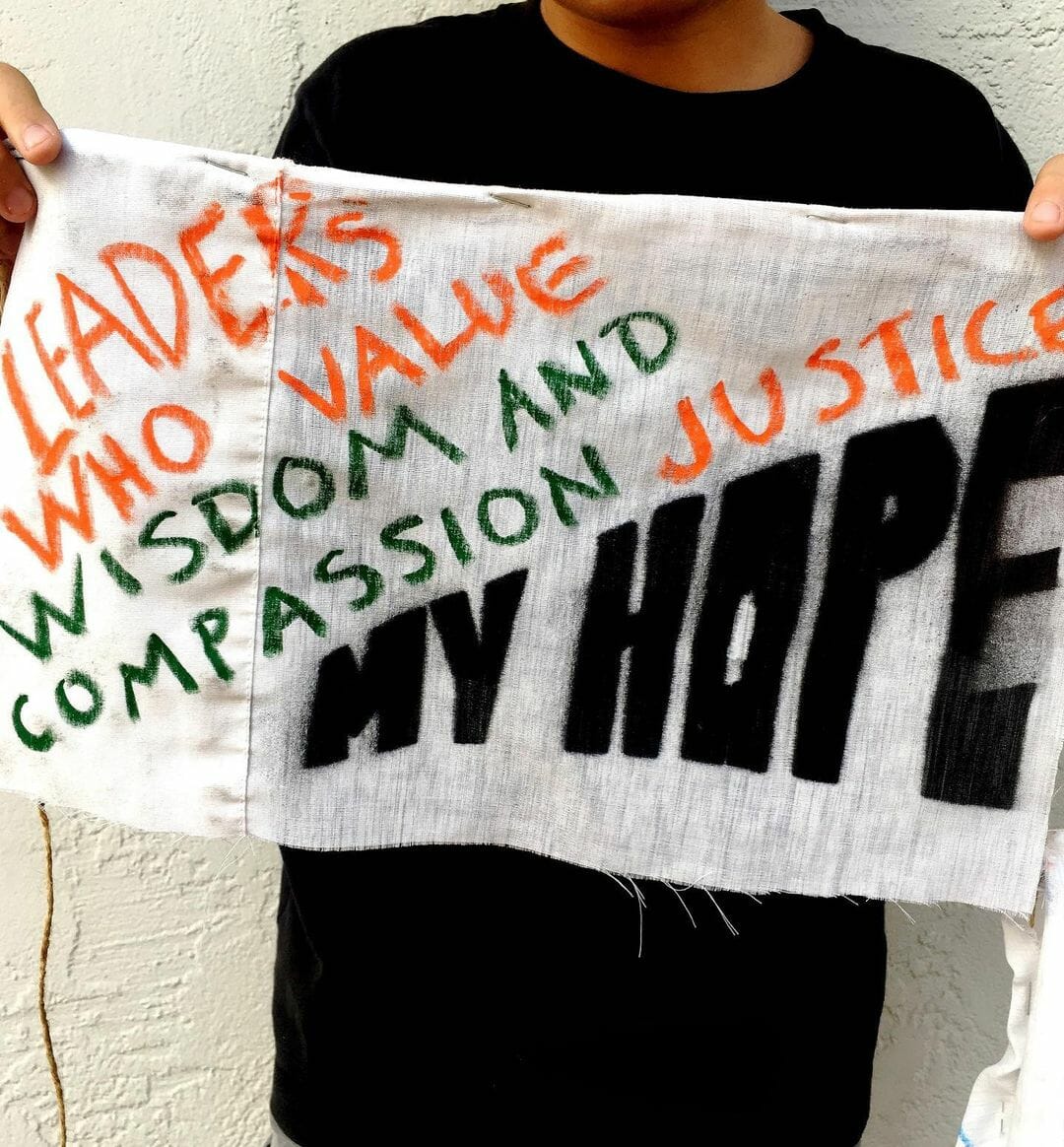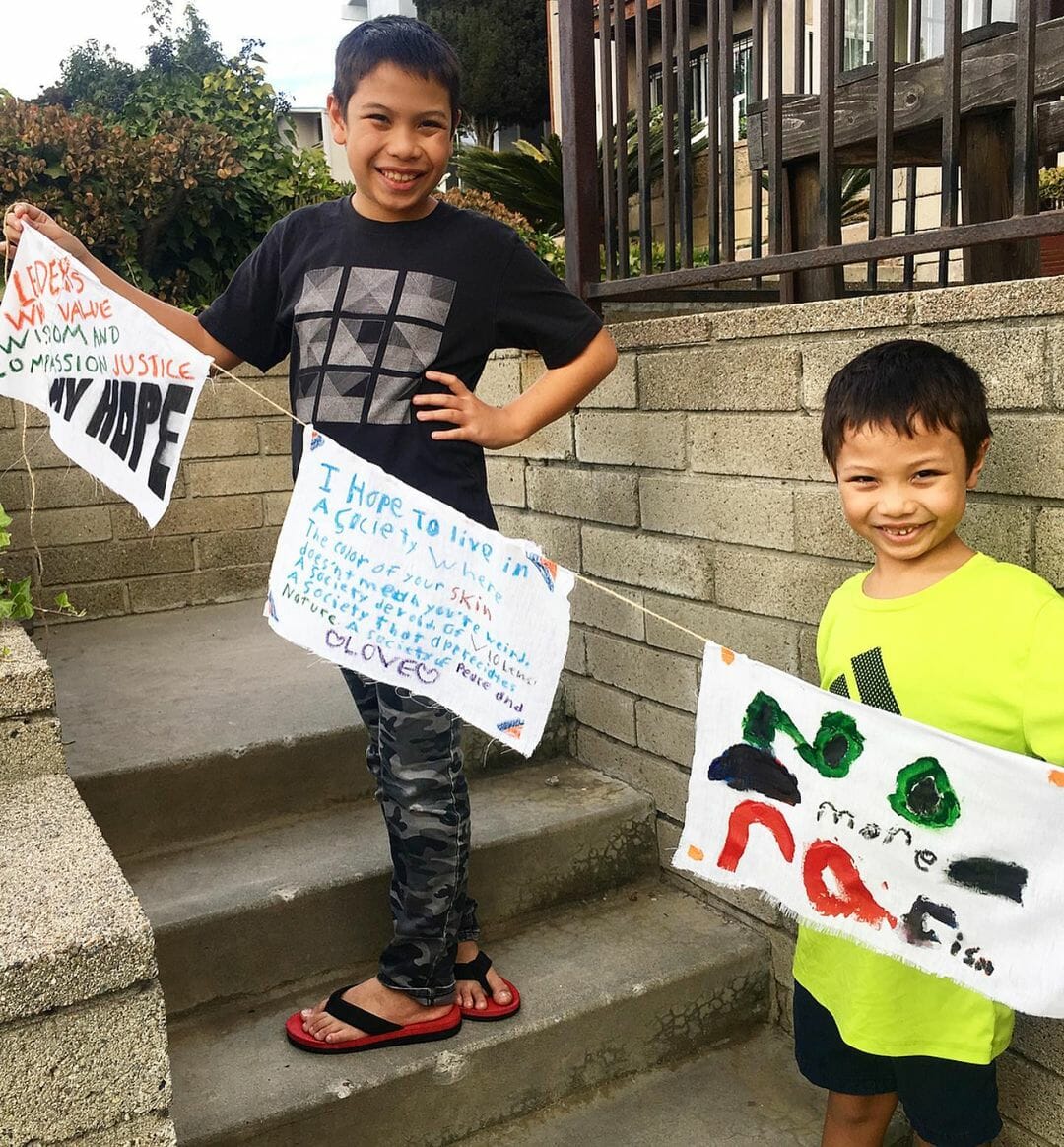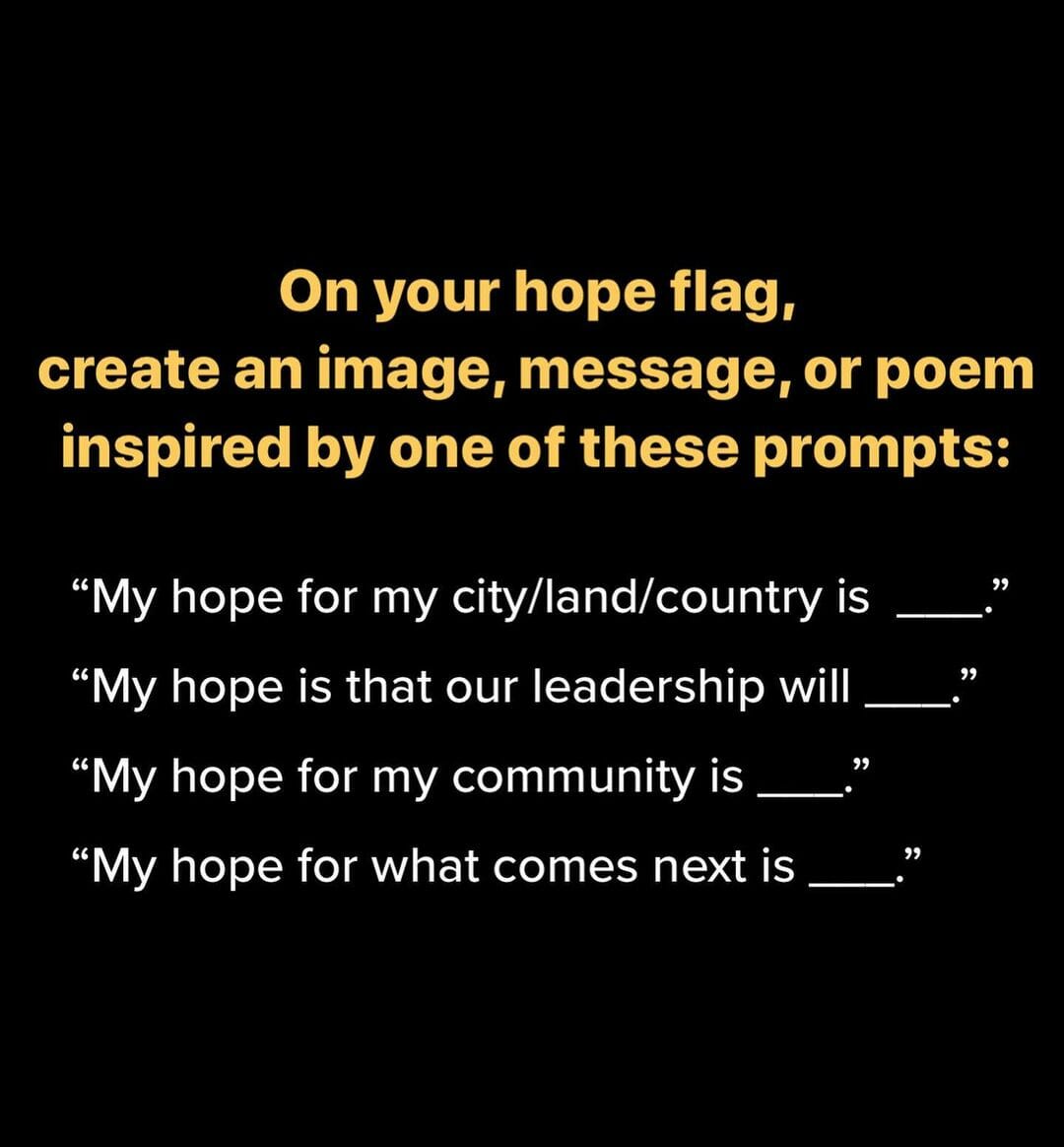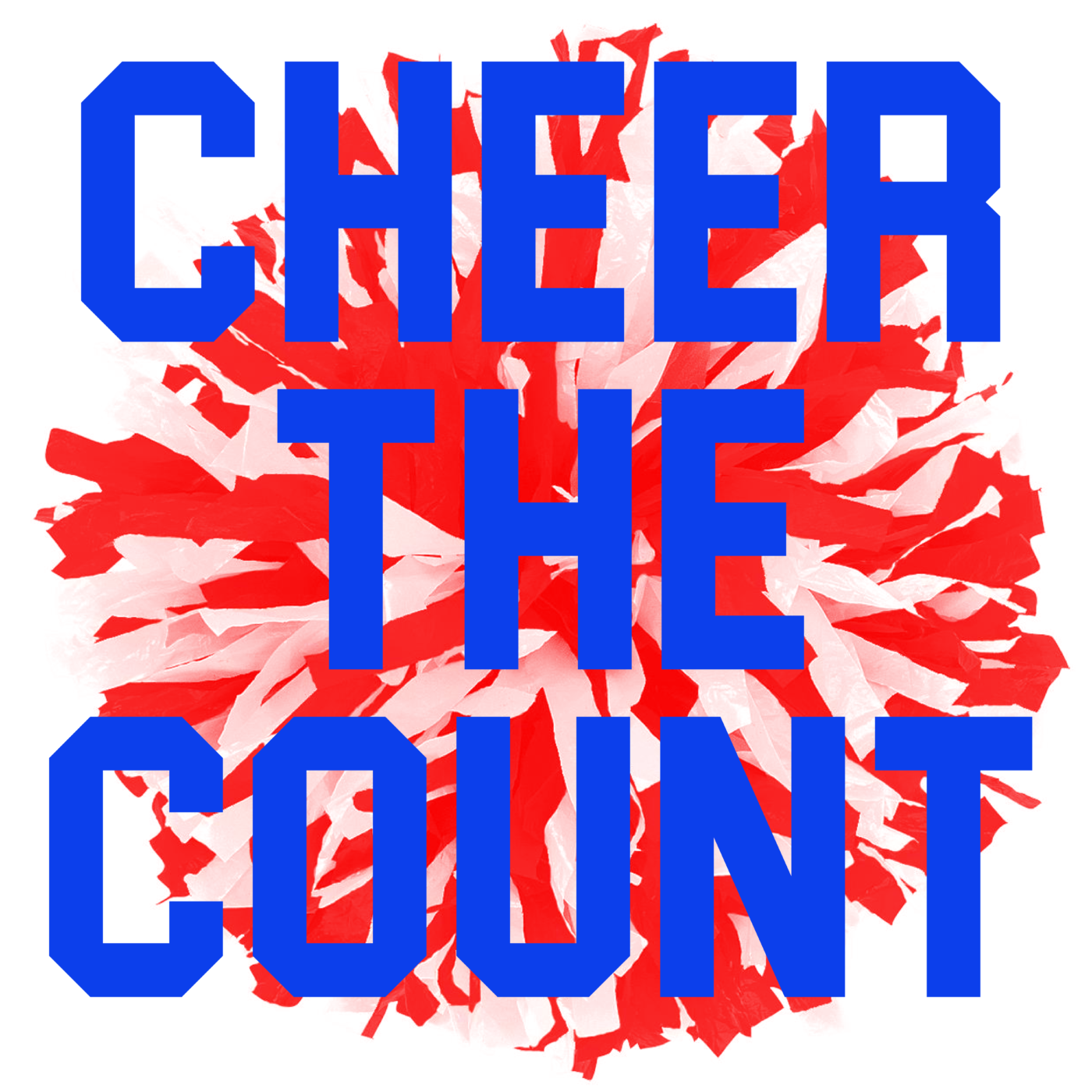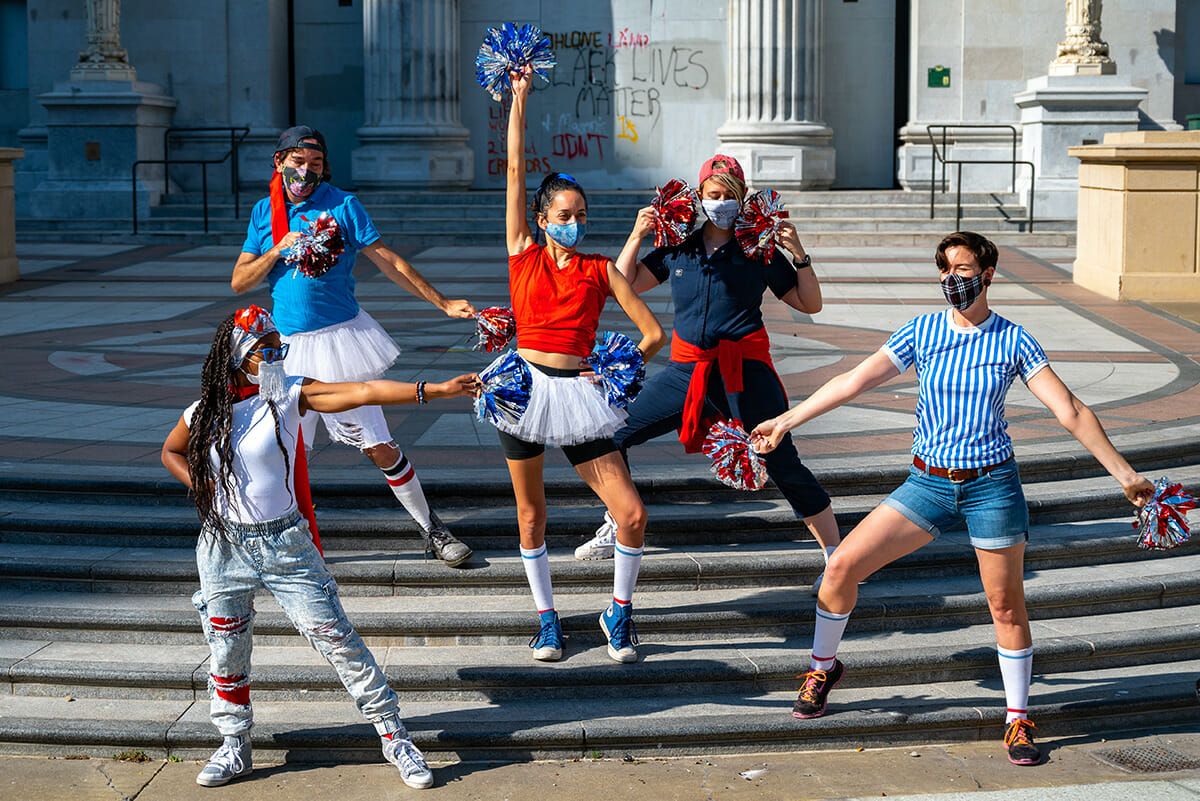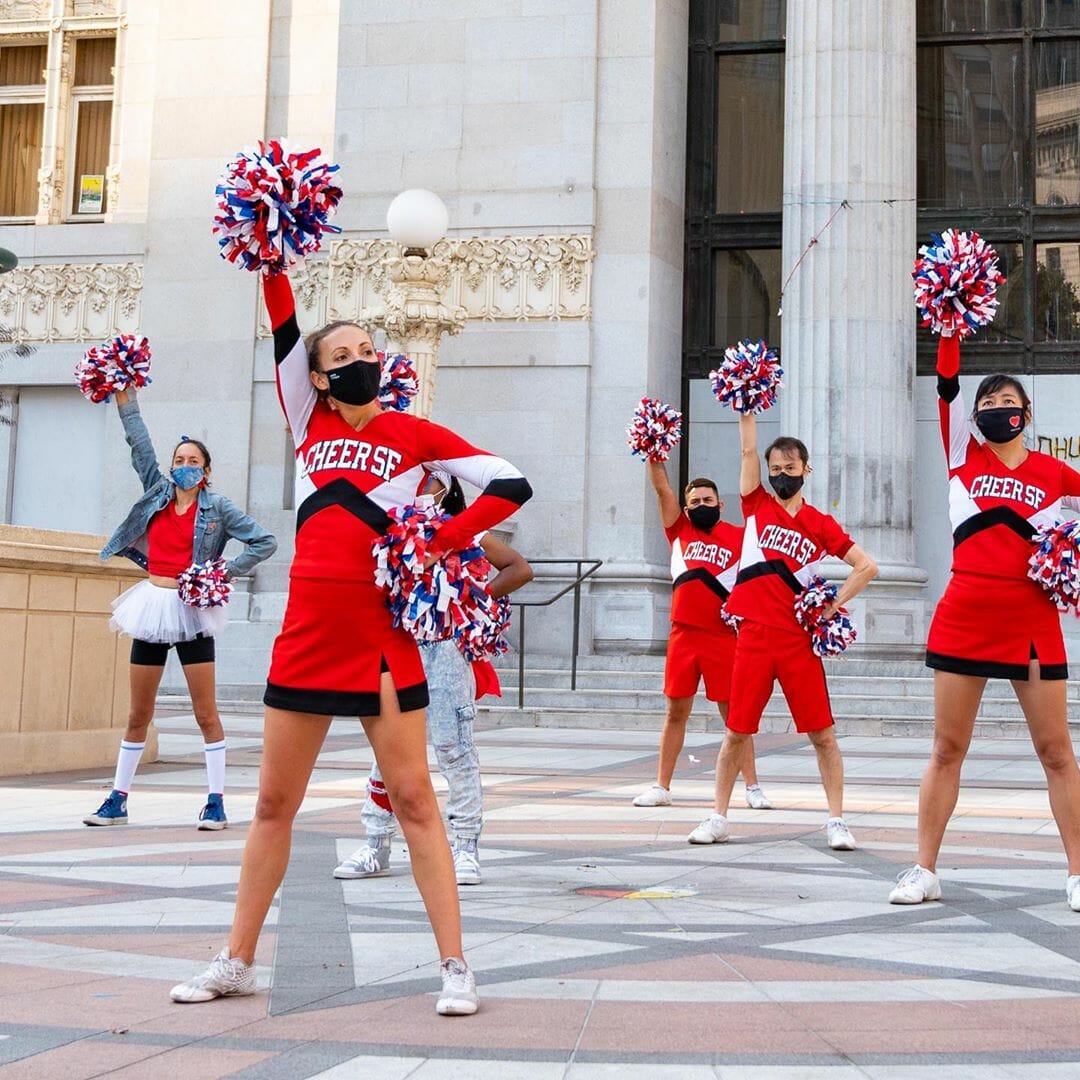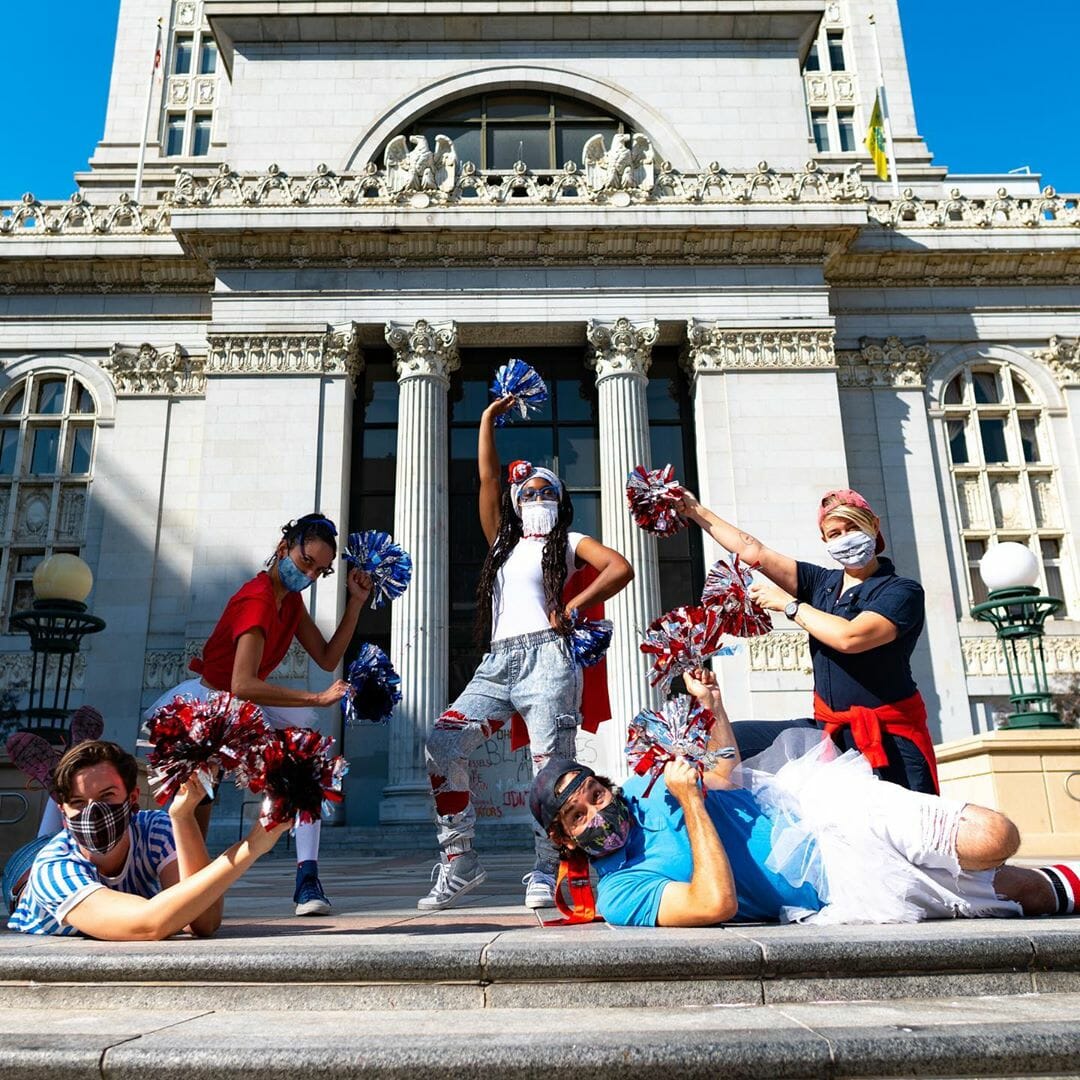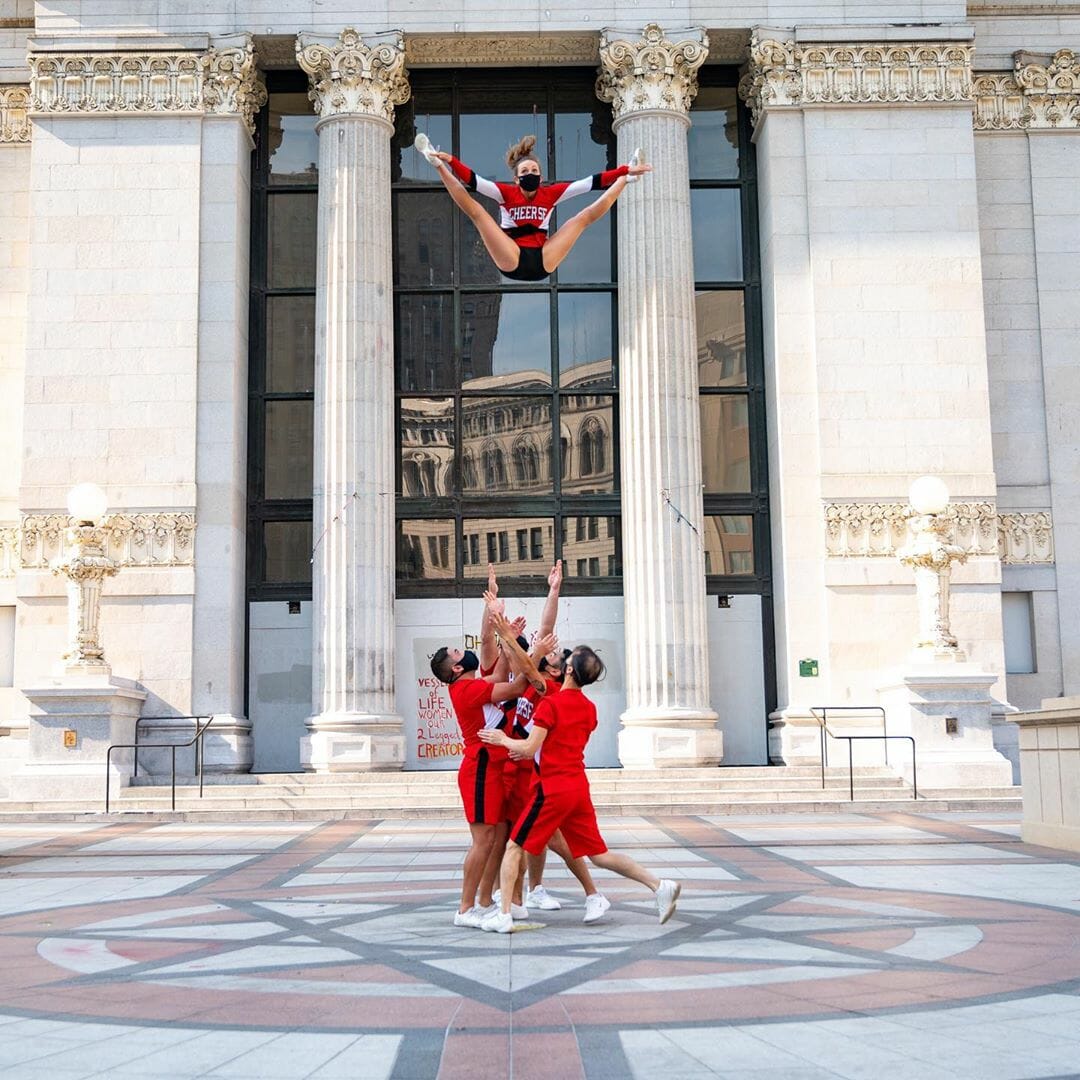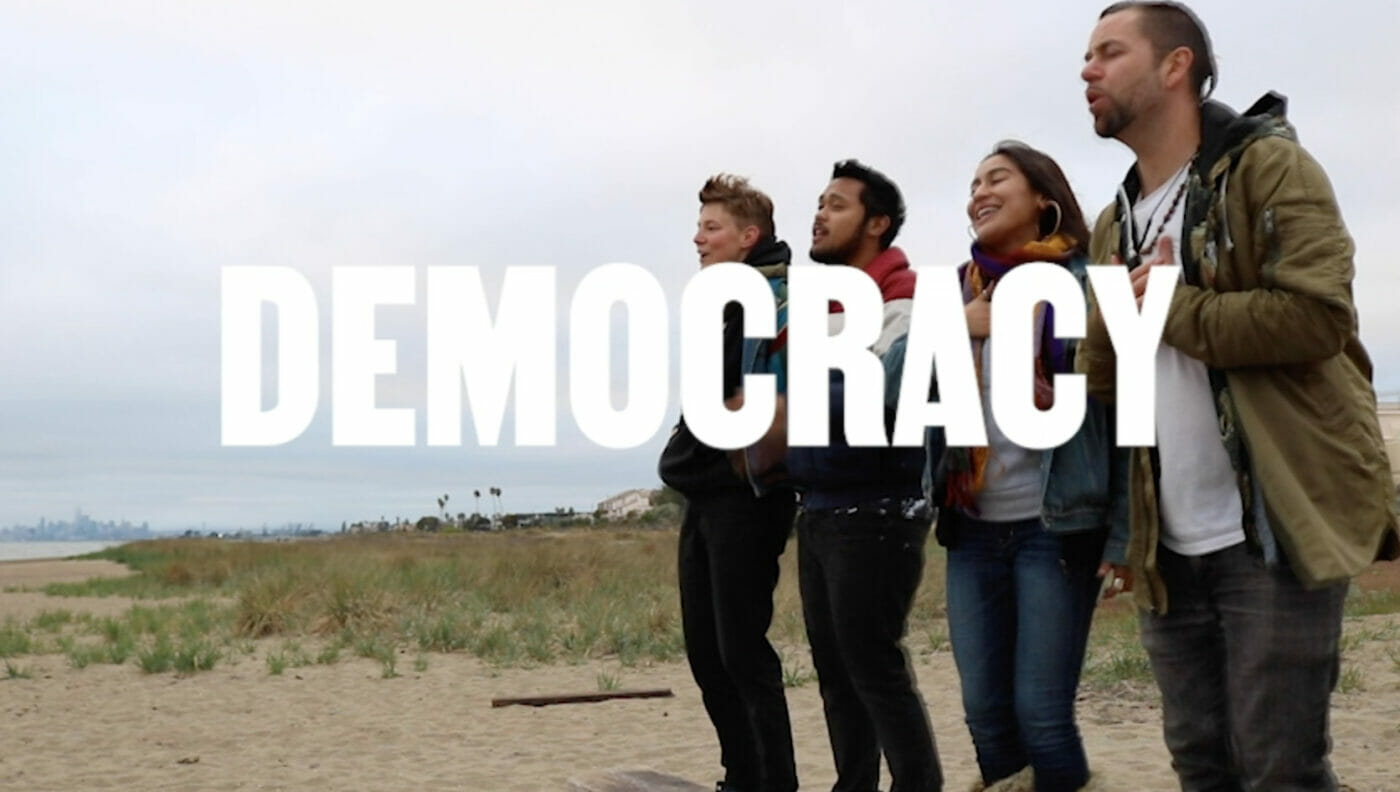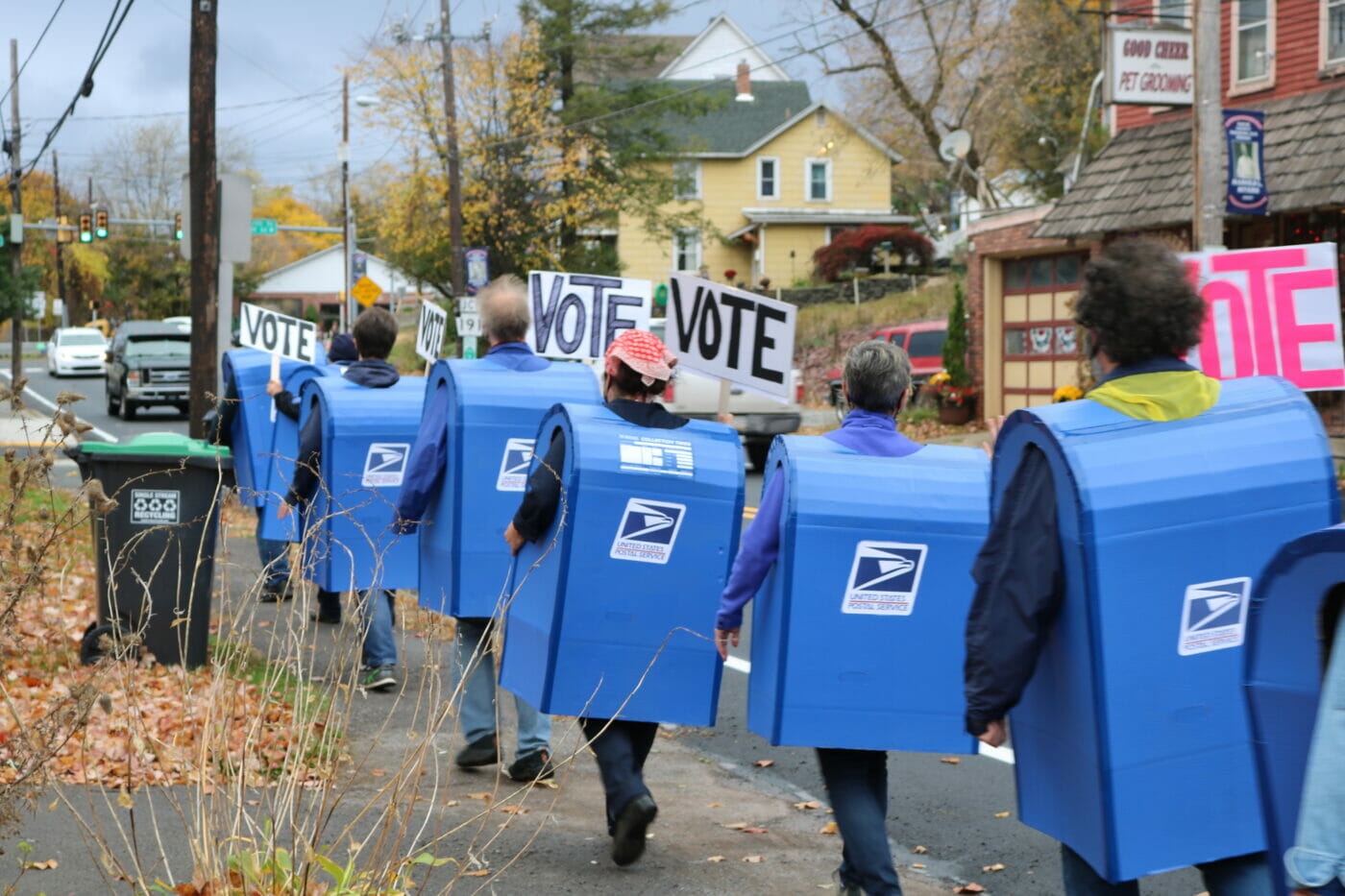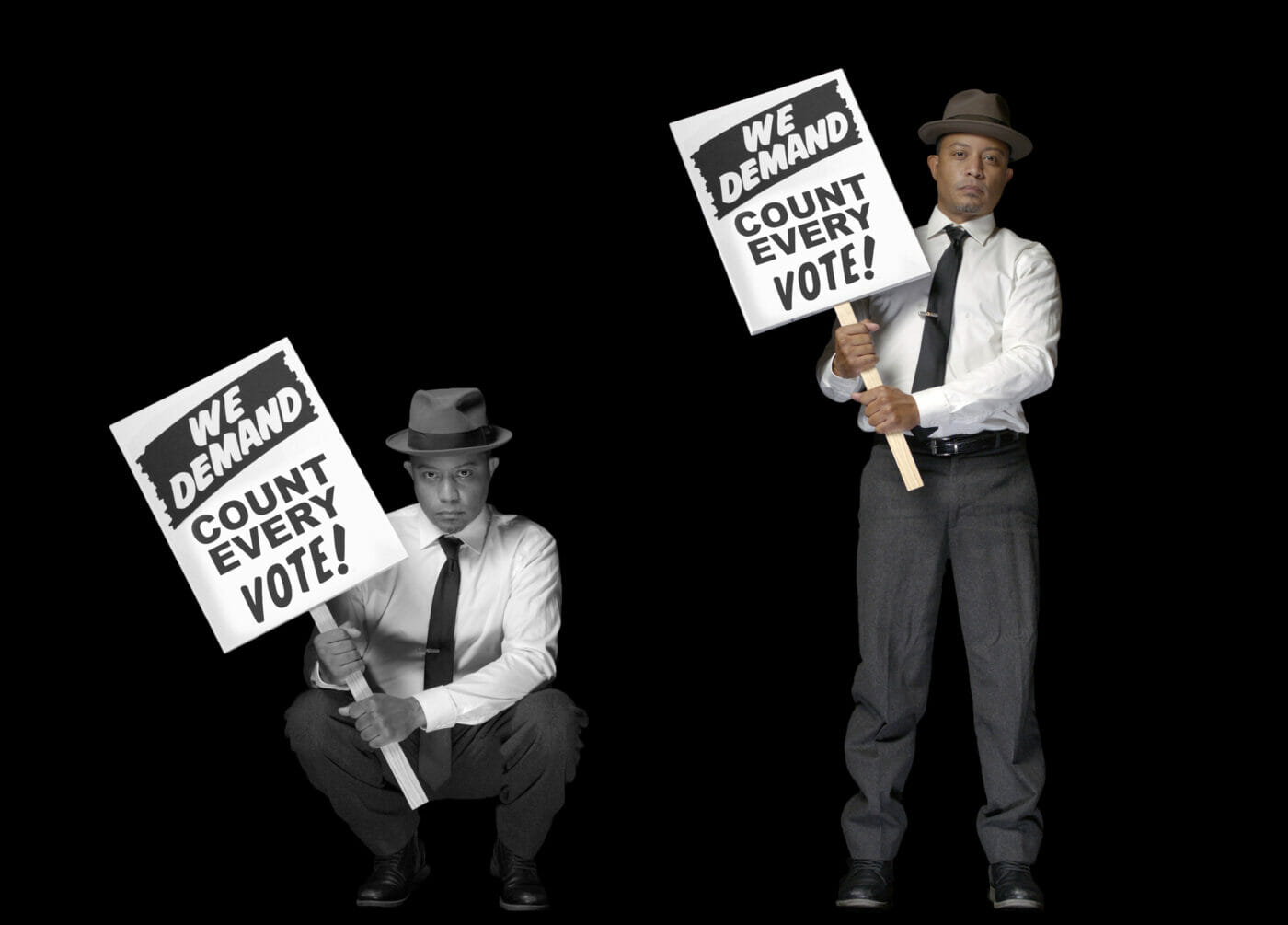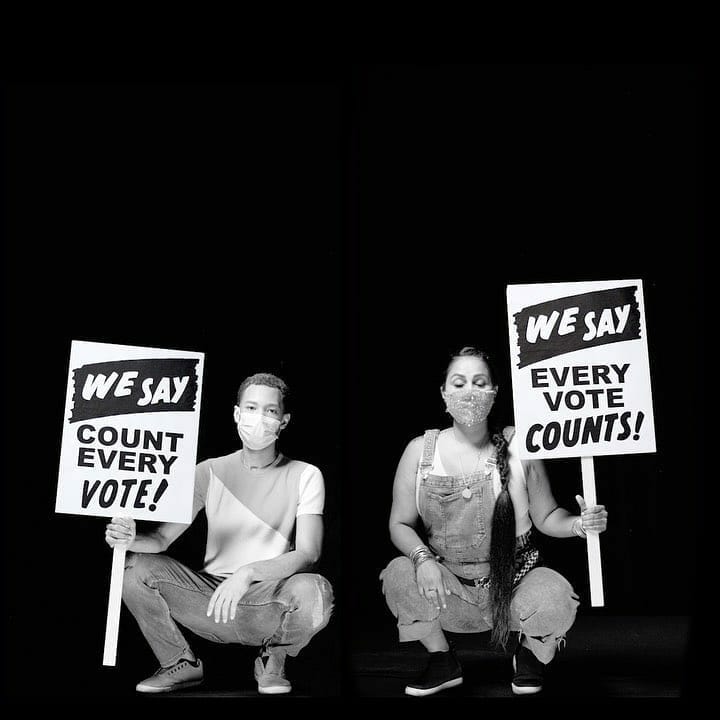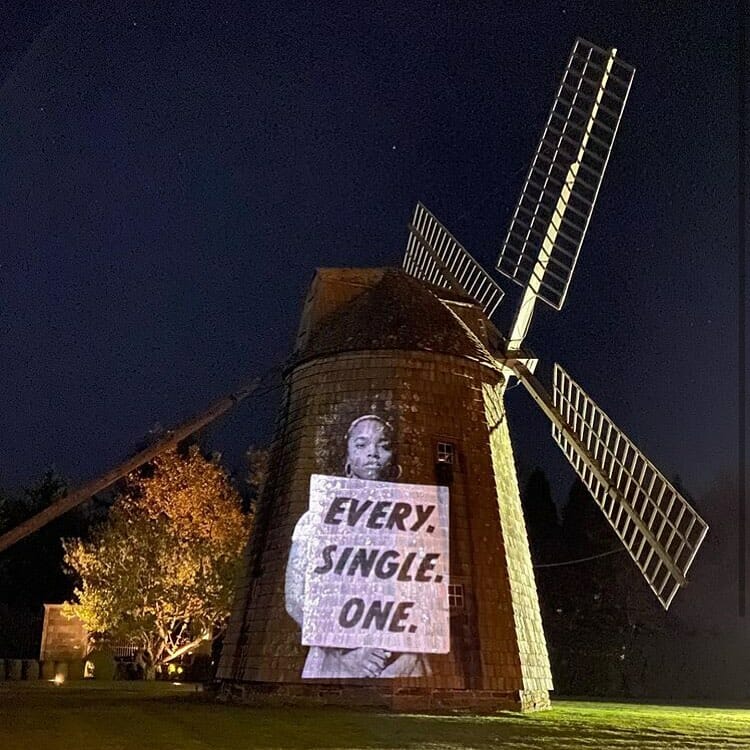Georgia-based creative people – this guide can provide information and action-based tools related to the upcoming GA Senate runoffs and voter turnout activity more generally. If you’re an artist, designer, creator, agency or just someone who wants to be involved in getting out the vote the Creative Action Election Guide can provide a starting point.
Why artists and creatives? Because we have enormous power. Our messages, visuals, stories and songs move people. You can use your superpowers of delight and surprise to make real change.
Elections and activism are moving targets! Gabrielle and the Center for Artistic Activism have tried to provide the most current info available. Gabrielle will endeavor to update her guide when possible. We encourage you to always double-check any items before using in case they have changed. We also welcome hearing any thoughts, feedback, and other input, so please feel free to contact us or tell us if you think we missed something.
What is happening in our state?
As you probably are very aware, there are two upcoming runoff races in GA, with the outcome of control of the Senate pending.
The candidates for the two races:
- Republican Kelly Loeffler (Incumbent) & Democrat Raphael Warnock
- Republican David Perdue (Incumbent) & Democrat Jon Ossoff
Key Dates
- Dec 7 Deadline for registering to vote
- Dec 14 Early Voting Begins
- Dec 30/31 Early Voting Ends (depends on county)
- Jan 5 Election Day
Key voting information
What’s happening now
Awareness about the runoffs is very high. Polls show that most voters in GA are very aware of the upcoming election, which is much higher than in previous runoffs.
Mail-in voting and early voting are expected to be significant, similar to in the recent general election.
There’s a lot of voting action already underway. As of Dec 18, 1.3 million Georgians have requested mail-in ballots. First days of early voting have also seen an increase compared to general election.
Both senate races appear to be at a statistical dead heat, and thus every single vote could have an impact on the outcome.
Challenges
Many Counties, Many Different Rules. GA has a very large number of counties (159, more than any other state except for Texas), and voting rules can vary significantly depending on the specific county.
For example:
- Some counties are offering weekend voting locations, while others are not. Unlike in a general election, a weekend voting day isn’t required in the runoff.
- There are different end dates for early voting depending on the county. For example, Fulton County (the largest county by population) ends early voting on Wed Dec 30.
The early voting schedule and locations for the runoffs may present a challenge and possible confusion for voters, who might be expecting things to be similar to the recent general election.
Because of the holidays and other quirks in the schedule, there are fewer total days of early voting, and voting sites will be closed on two Fridays (for Christmas and New Year’s Day). There is also no voting the weekend before Election Day.
There are also a number of early voting locations that were available during the general but are not available for the runoffs, and there are fewer locations in some counties. There are voting rights organizations that are working to push back on this and restore some vital locations.
Our state is rich in geographic diversity. There are major cities and urban areas, suburbs, rural areas, coastal beaches, mountains, and much more within the state. This diversity is reflected throughout the 159 counties and means that there are different environmental and practical challenges in reaching voters across GA.
Unfortunately, our state is facing health concerns amid rising COVID numbers, and some voters and poll workers may be naturally uncomfortable about the prospect of in-person voting.
We have already seen lines at some early voting locations. Long lines and waits for in-person voting may continue to happen as it did in some locations during the general election.
Mail-in deadlines. It is recommended that voters not request a mail-in ballot after Dec 20 (because there may not be enough time for them to receive the ballot, fill it out, and return it in time) and that they then should focus on voting early. But any voters who have already requested a ballot should be encouraged to fill theirs out as soon as they receive it and then place it in a drop box.
Opportunities!
We can overcome these challenges! Here’s some suggestions on where to focus your efforts.
Encourage Turning in Mail-In Ballots: Given the likely high interest in mail-in voting, it will be important for voters to be encouraged to follow through with filling out and turning in their ballots. A fraction of those who request mail in ballots do not turn them in. There are many possible reasons for this. Some hopeful: people may have chosen instead to vote in person, for example. While others may have not completed the ballot and/or turned it in. They could benefit from a creative reminder or prompt.
Long lines mean a captive audience: While we’d prefer no line at all, long lines do present an opportunity for creative actions and performances. Musicians, theater groups, and other performers can make that time spent feel a bit shorter. You may not even need to develop new content, as legal, physical boundaries prevent “campaigning” too closely to polling places anyway
We can amplify good messages: Developing effective messaging can feel like it’s own art form. Rather than get bogged down creating your own, there are a number of reputable organizations using research and insights to correct and respond to the challenges above. You can build upon what’s working from organizations like New Georgia Project, Fair Fight, DNC Voter Protection Team, ACLU, and amplify their messages through your creativity.
How To Get Involved, Creatively
You likely know the signs, symbols, and spectacles that resonate in your local Georgia communities.
For example, you could:
- Help mitigate the impact of possible long lines during early voting by creating an action that entertains or celebrates voters staying in line, or provides water/food/umbrellas, or other useful support. A number of organizations will be involved with line warming, and so providing resources and items to support their efforts is also helpful. But don’t stop there, think about what you can uniquely contribute as an artist; experiences, an eye for aesthetics, or a sense of the poetic.
- Share messaging or visuals that reflect the importance of turning in your ballot.
- Tell stories of what’s happening on the ground. Use your skills to highlight and elevate the work of a creative activist, voting organizer, or election worker that has not been featured in major media source. Create messages that encourage media coverage—and social media commentary—that is thoughtful and helpful and that represents an accurate, non-monolithic picture of GA.
- De-mystify the election counting process. Help share the mechanics of how voting works and humanize the election workers who make sure the results are fair and accurate.
Create and distribute beautiful, impactful, engaging videos, images, songs and other things that encourages people around the country to:
Support/donate to organizations working on voting issues:
Volunteer remotely to help reach out to voters in other parts of our state:
Phone banking help is specifically needed right now (including those with Spanish-speaking skills). Performers and those with improv backgrounds, we’re looking at you!
Things to think about
You want to get involved, help out, take action? That’s great! As you put together a plan, consider the following and examine how your effort can be most responsive to the context of this specific election environment:
Set achievable objectives and find creative ways to reach them. The art of artistic activism is finding the balance between the practical and the poetic. Set real, specific, and measurable targets like increasing election day turn-out by 5% at one polling place, then find a new and exciting way to make that happen.
All culture is local and specific. What might motivate or activate voters in one neighborhood in Atlanta may not resonate the same way in Jesup.
For example, language that some might consider funny or eye-catching (ie, saucy language) might be read and received differently depending on the specific audience. Use language that is appropriate and respectful, and which shows sensitivity for and awareness of the region or area. This is Georgia after all, so if you’re unsure, it’s probably best to err on the side of politeness.
In Georgia we are incredibly diverse and engage with a multitude of issues. Among the most significant issues that appear to be driving a large number of voters in this race are healthcare, the current health crisis/pandemic, and racial equality issues.
Be surprising. Creative activism benefits from being unexpected. Put art in an unlikely place or activism in an unfamiliar form. By disrupting someone’s preconceived notions of art and protest you can change their predetermined ideas about the messages you are trying to communicate.
Speak truthfully and accurately – don’t bother repeating or amplifying negative and/or false information. Research has shown an attempt to refute a false story can have the unintended result of elevating and spreading incorrect information. We know it’s hard; you see a false or negative story and you want to respond. But the best way to combat it is to instead focus on providing positive, accurate info.
Use Popular Culture. A celebrity parody or pop culture meme can grab attention. But the importance of popular culture in artistic activism goes deeper. Effective advocacy must connect to the culture it exists in. If you want to appeal to people’s emotions, values, and desires, find out what their cultural points of reference are. Whether it’s sports, food, or a local advertising jingle, learn from it and use it.
Focus on positive messages that affirm the importance of voting, celebrate those who do, and provide voters with useful info.
Fame over shame. It’s common for activists to “name and shame” – to call out someone in power and explain why they’re wrong. Sometimes that’s necessary, but too often it simply shuts down the conversation. Instead of focusing on the negative, get positive! Show someone how they’ll be celebrated for doing what’s right. Help your audience see that you’re holding them to a high standard because you know they can meet that high standard. Shift the norm and build allies by making an example out of the people who are doing good work.
Highlight how community members are voting, tracking their ballots, and other election activity. Showing how election processes are working and voters are participating in the process helps normalize and encourage others to join in the activity. Studies have shown that this can be an effective tool in helping to increase participation in civic activities.
Check your sources and make sure that you are always utilizing updated info from reputable, verified sources and organizations that work on voting issues. Info can also sometimes change quickly, so double-check before sharing anything.
Be passionate, not judgmental. Welcome and encourage people to vote in this election. Avoid shaming people for not having voted in the past or for the possibility that they might not vote. We want to motivate voters, so focus on providing clear, accurate info on voting and on the value of voting. For example, sharing a story about why and how you voted and how meaningful the experience was to you might resonate with someone and move them to act. Whereas reprimanding someone for having missed voting in a previous election is off-putting and tends to make them defensive.
Know thy region. Issues (and actions) don’t exist in a vacuum. Understand the larger ecosystem of issues that affect a region/community. This is a complex process that is not easily addressed in a pithy paragraph, but it’s a reminder to be thoughtful about how your action sits within a particular context.
We are diverse and complex. Watch out for stereotypes and assumptions, including inadvertent and deeply-rooted ones that you may not be fully aware of (the road being paved with good intentions…) This is especially pertinent in Georgia and the South more broadly. Stereotypes abound, and many have been reinforced over the years by media and entertainment depictions. This should be obvious but it’s worth stating: we Georgians are not monolithic. We include a hugely diverse set of people with widely varying opinions, backgrounds, and interests, with a significant percentage (34%) of us born outside of GA.
Speak with nuance. Don’t use regional colloquialisms and references unless you have deep experience and understanding of the terms and their unique usage in the context of that specific region/neighborhood/state. Don’t “y’all” it.
Work in solidarity! Support your colleagues in the GA creative community. Despite the creative powerhouse that is GA, the cultural community in the state still can struggle in a number of ways. We artists, arts workers, and cultural organizations face major financial challenges, limited or nonexistent public funding for the arts, access to healthcare and other benefits, and many other issues. Consider how your action can support our vital community, and how your efforts could include elevating the work and messages of other GA creatives.
Ask how you can help an organization that is already working in our state. Remember to be patient if they are unable to find a perfect opportunity or match for your help, with the understanding that many of these organizations have been inundated with volunteer requests.

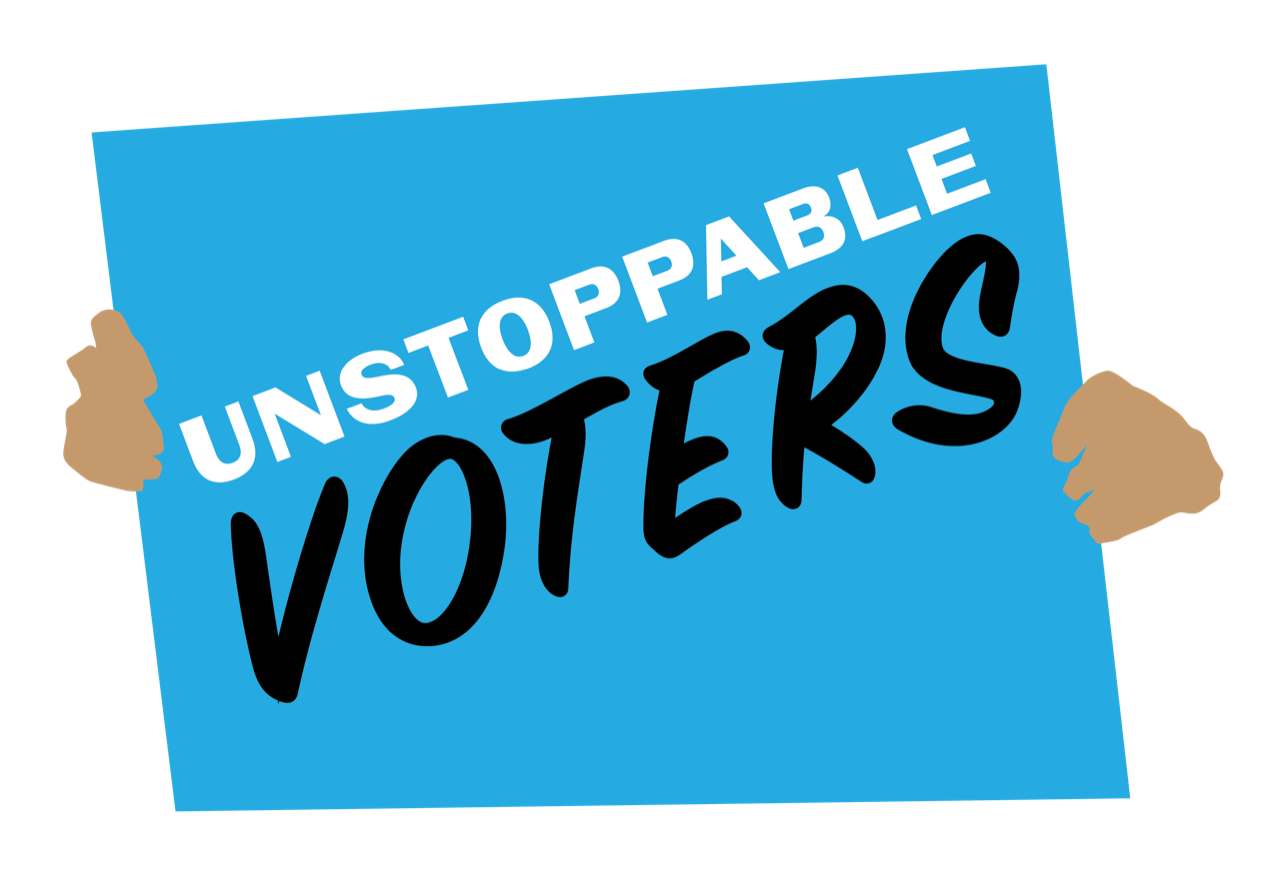
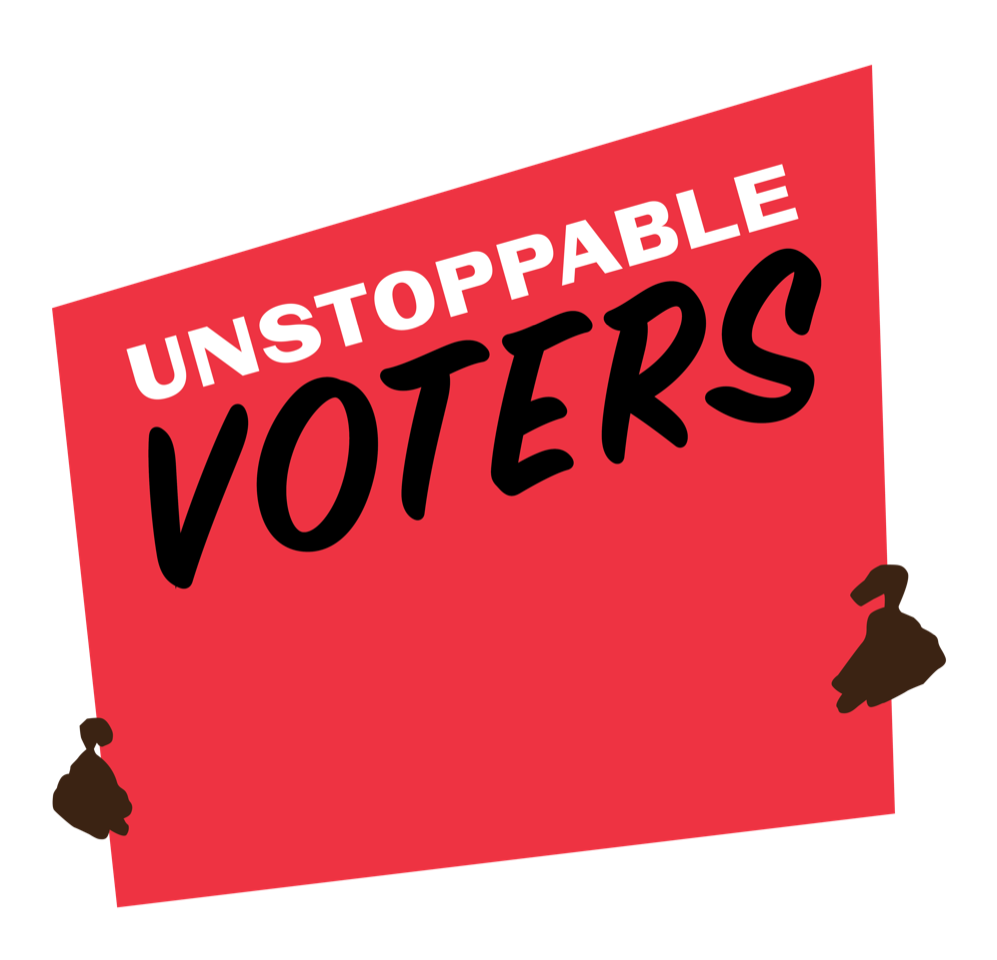

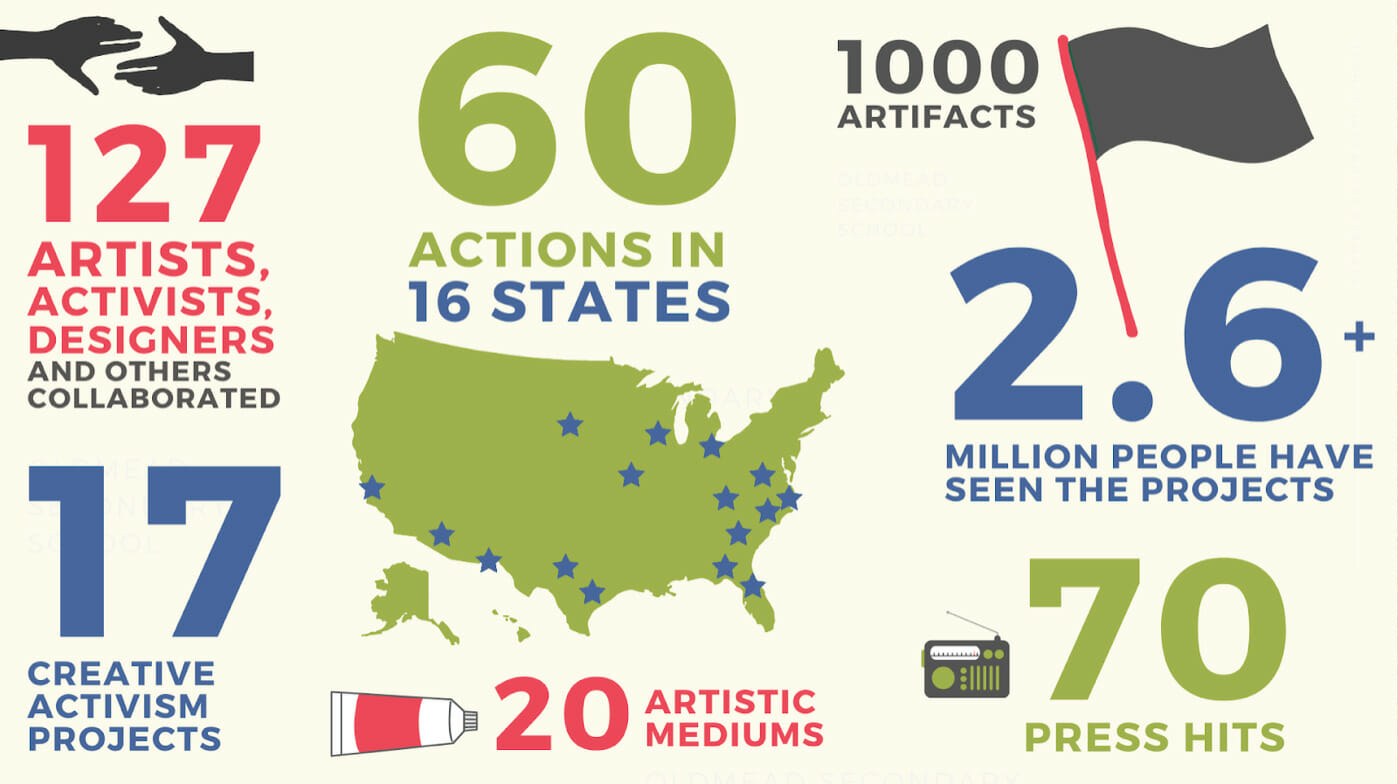
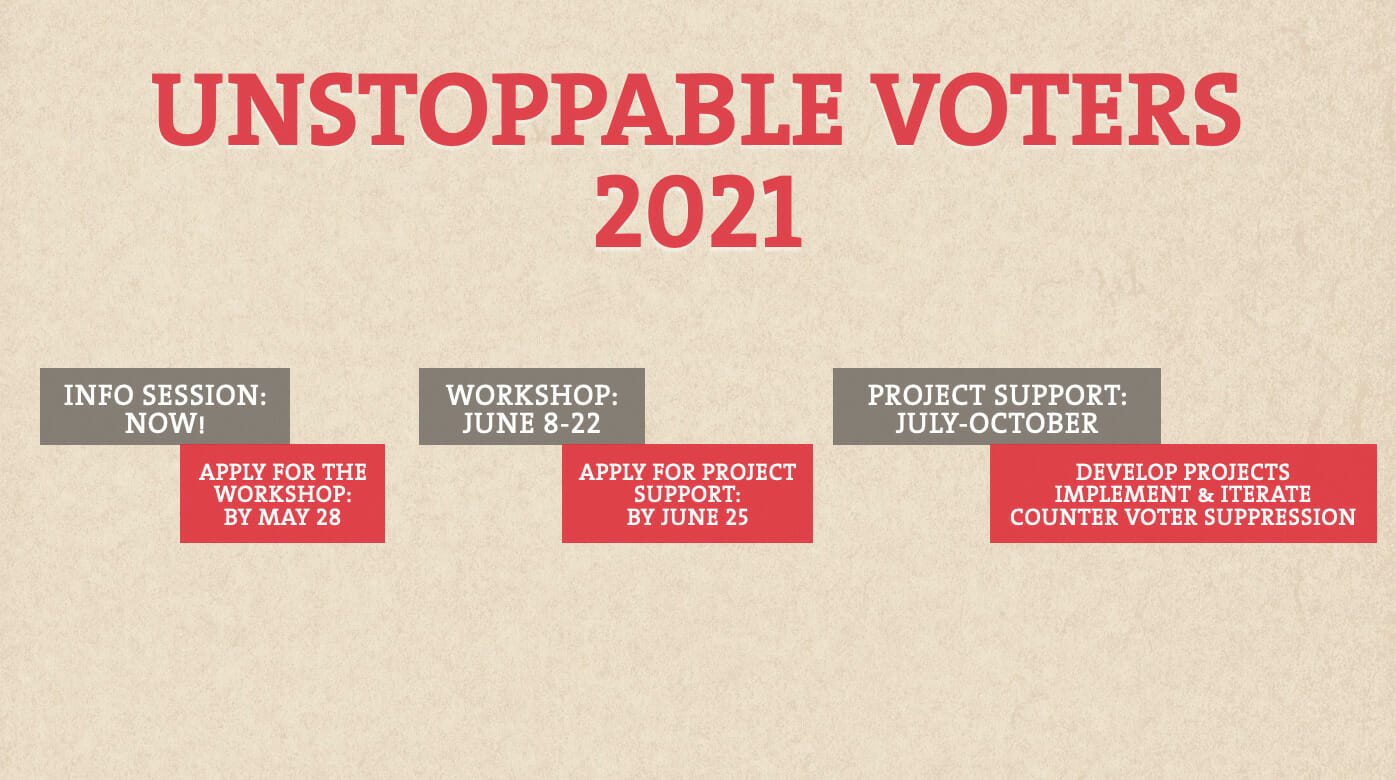
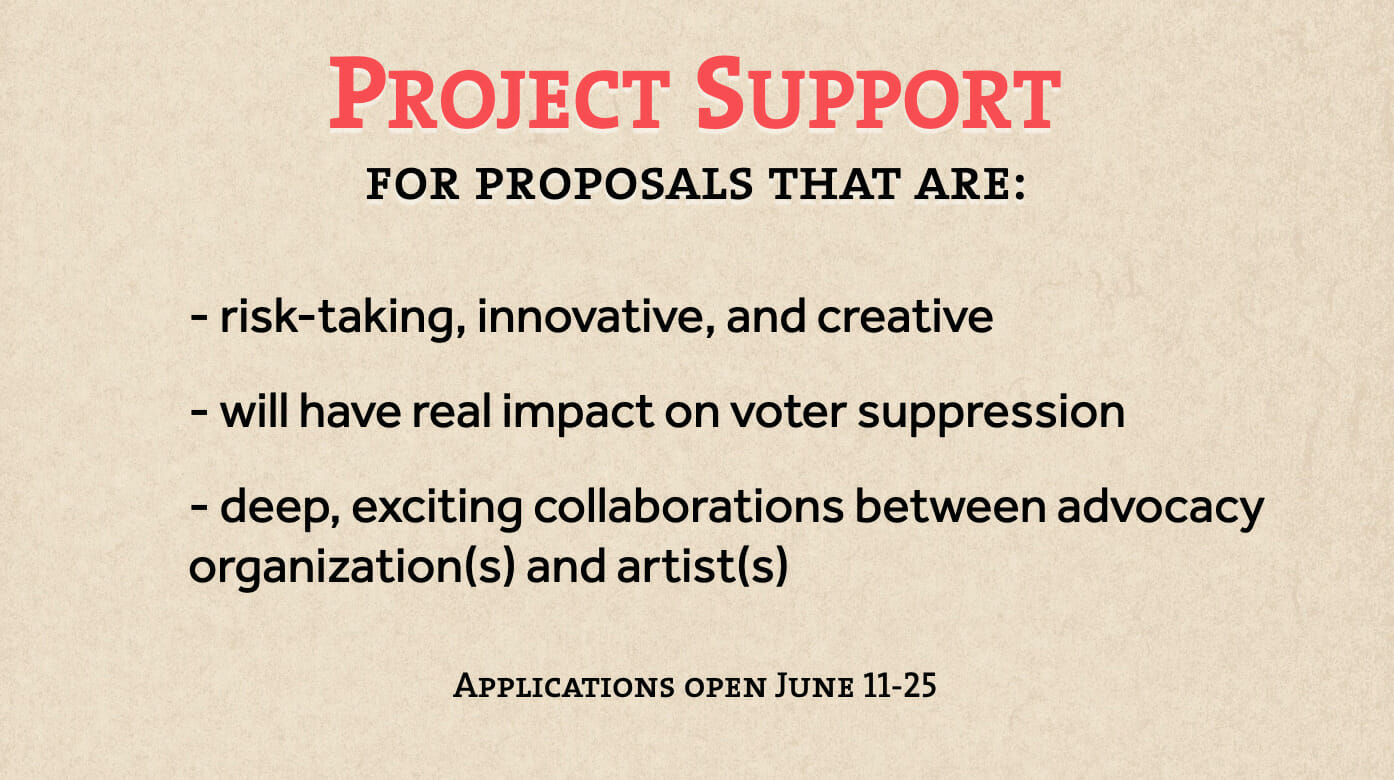
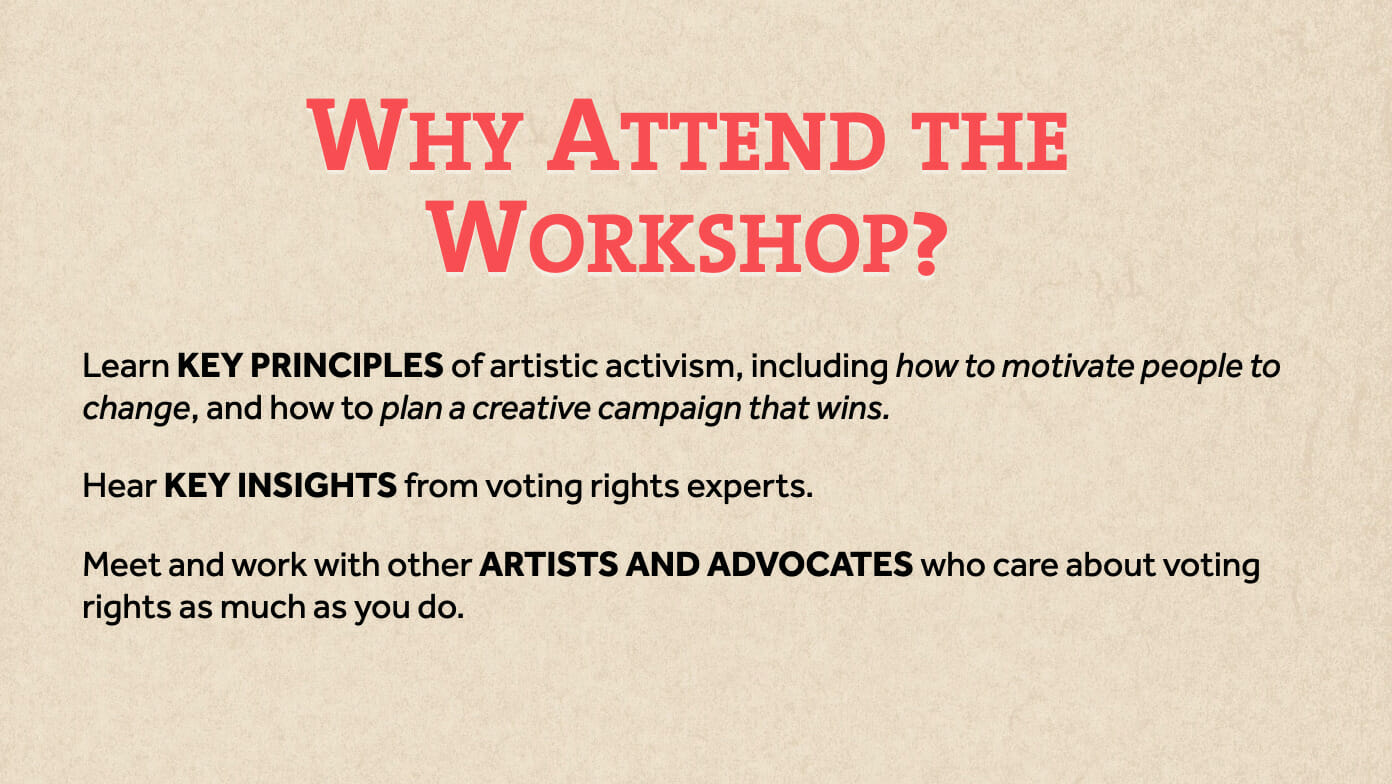
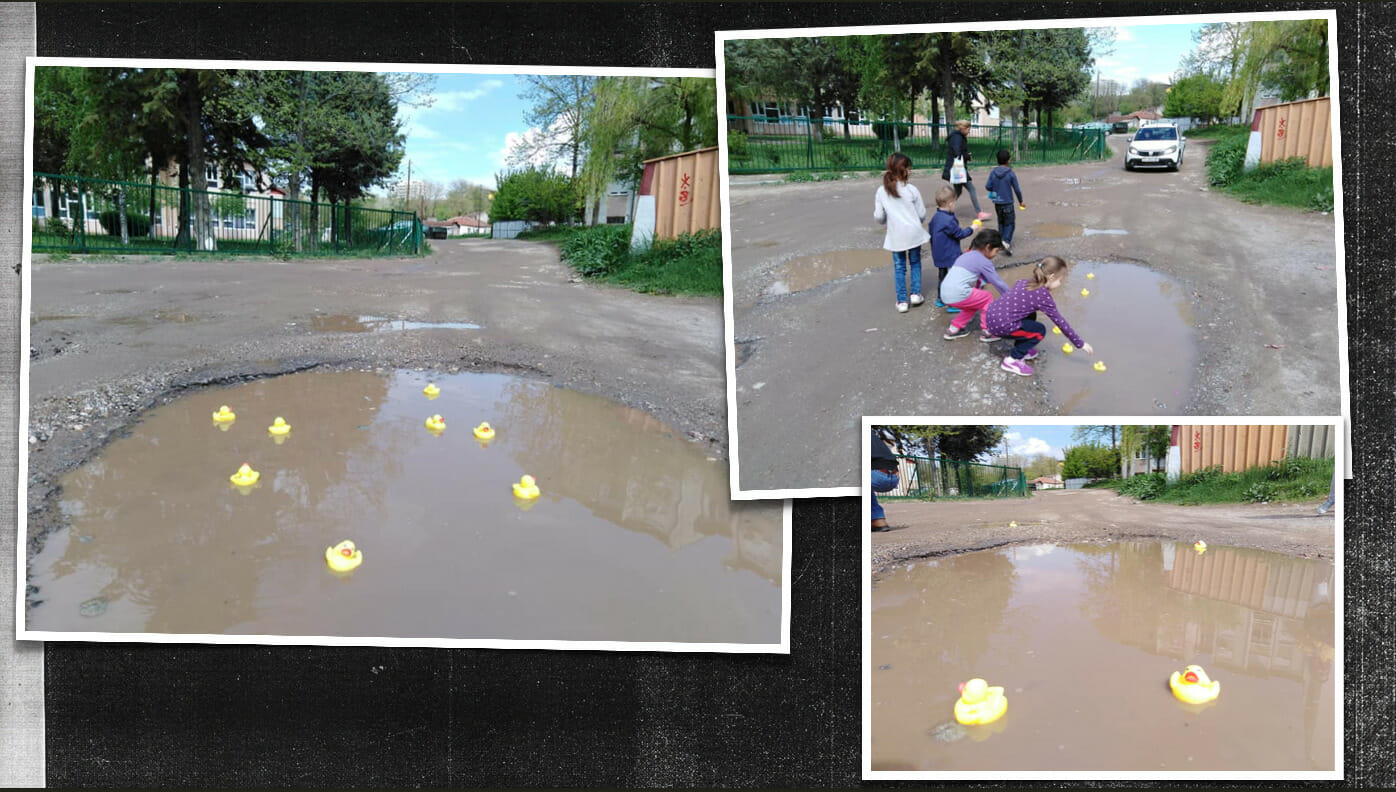
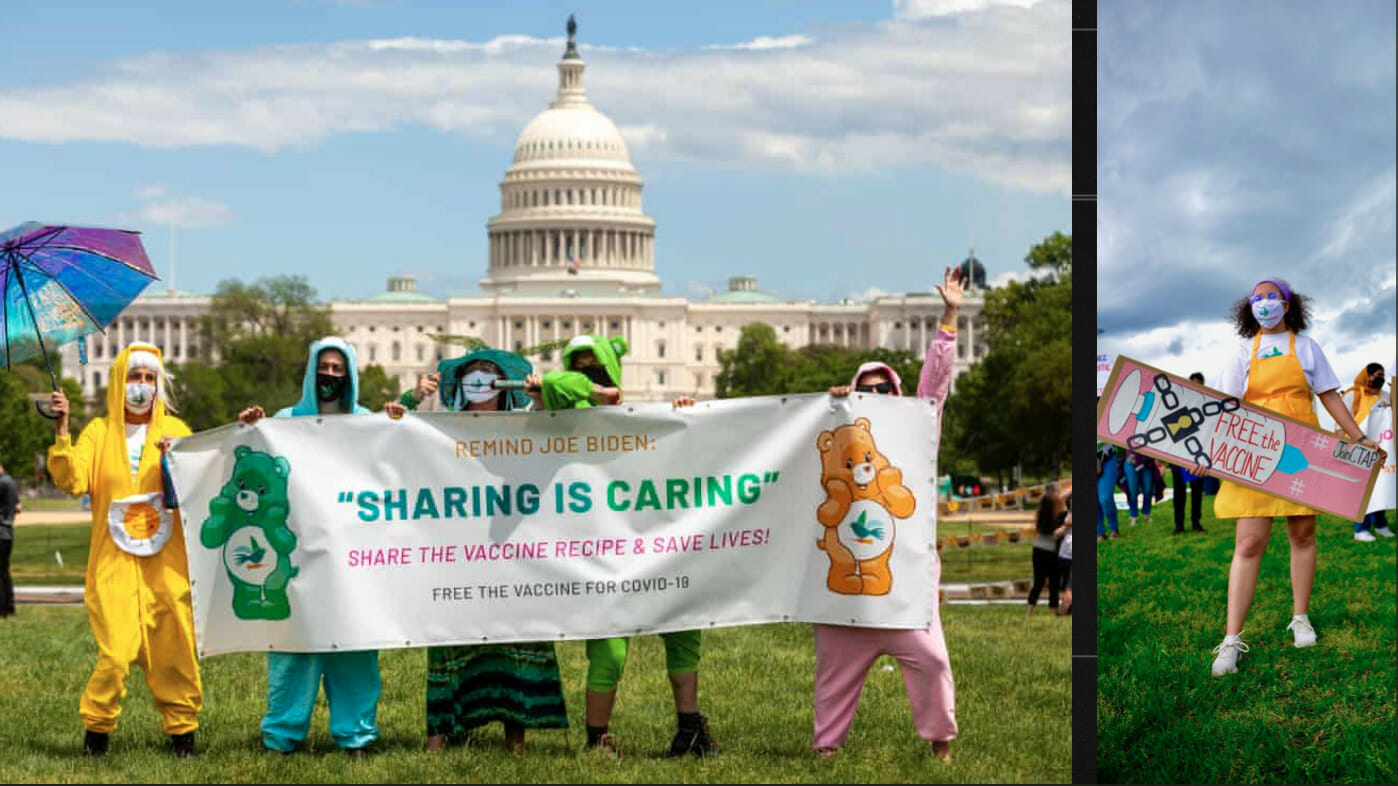
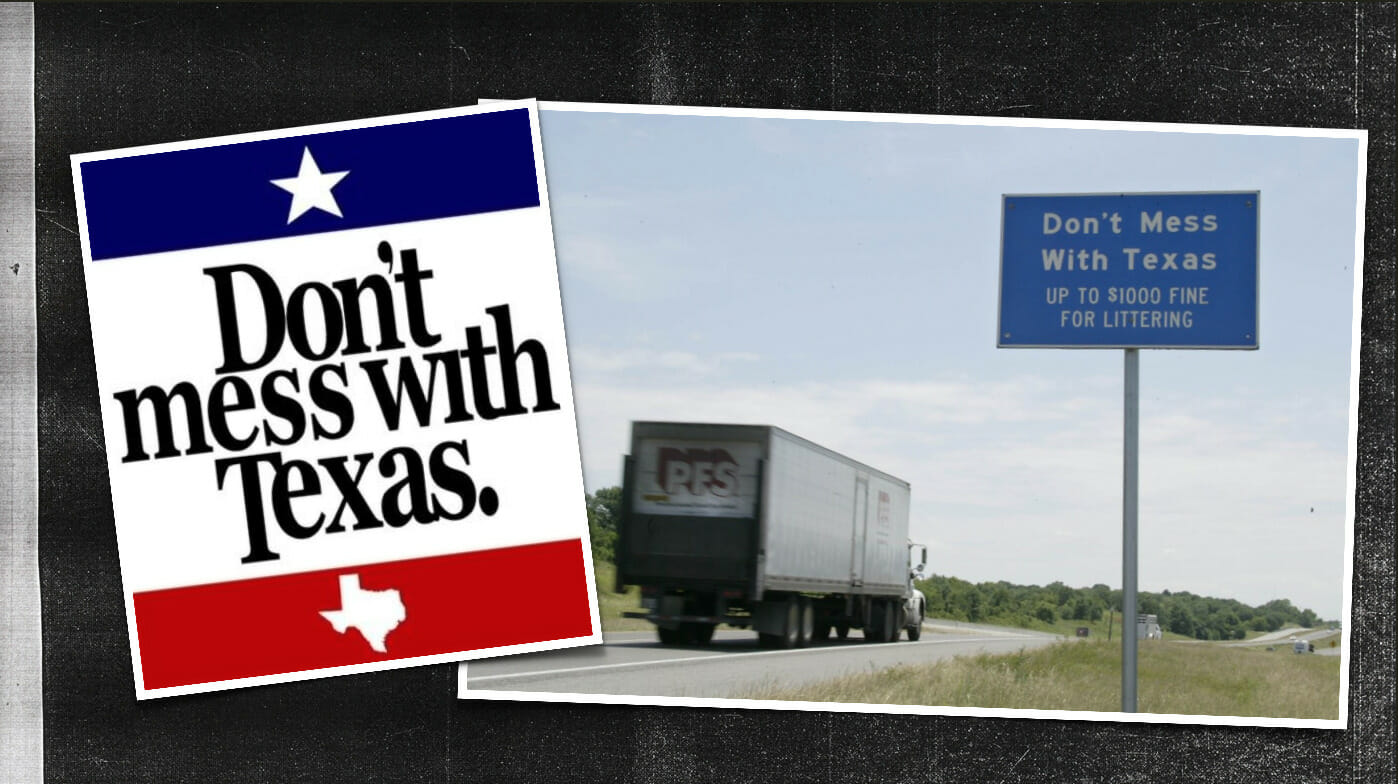
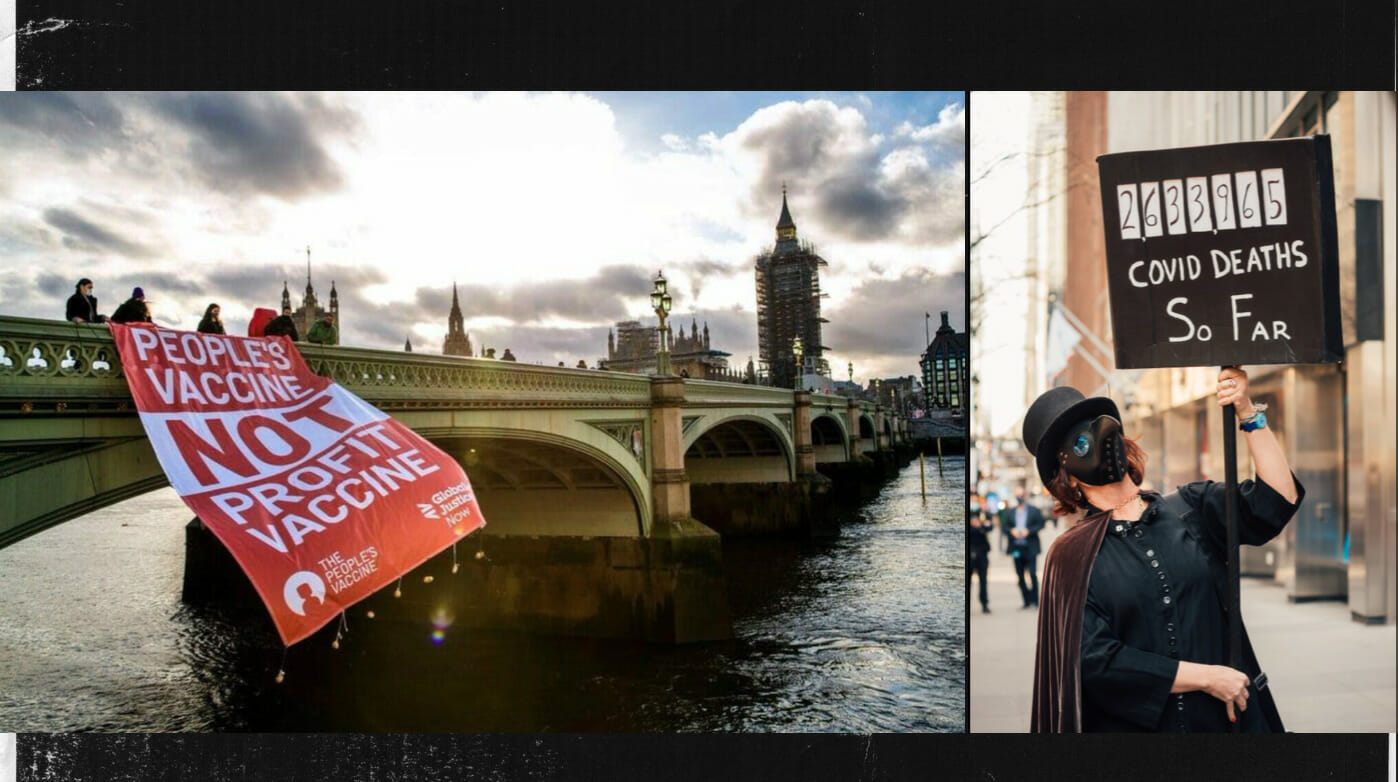
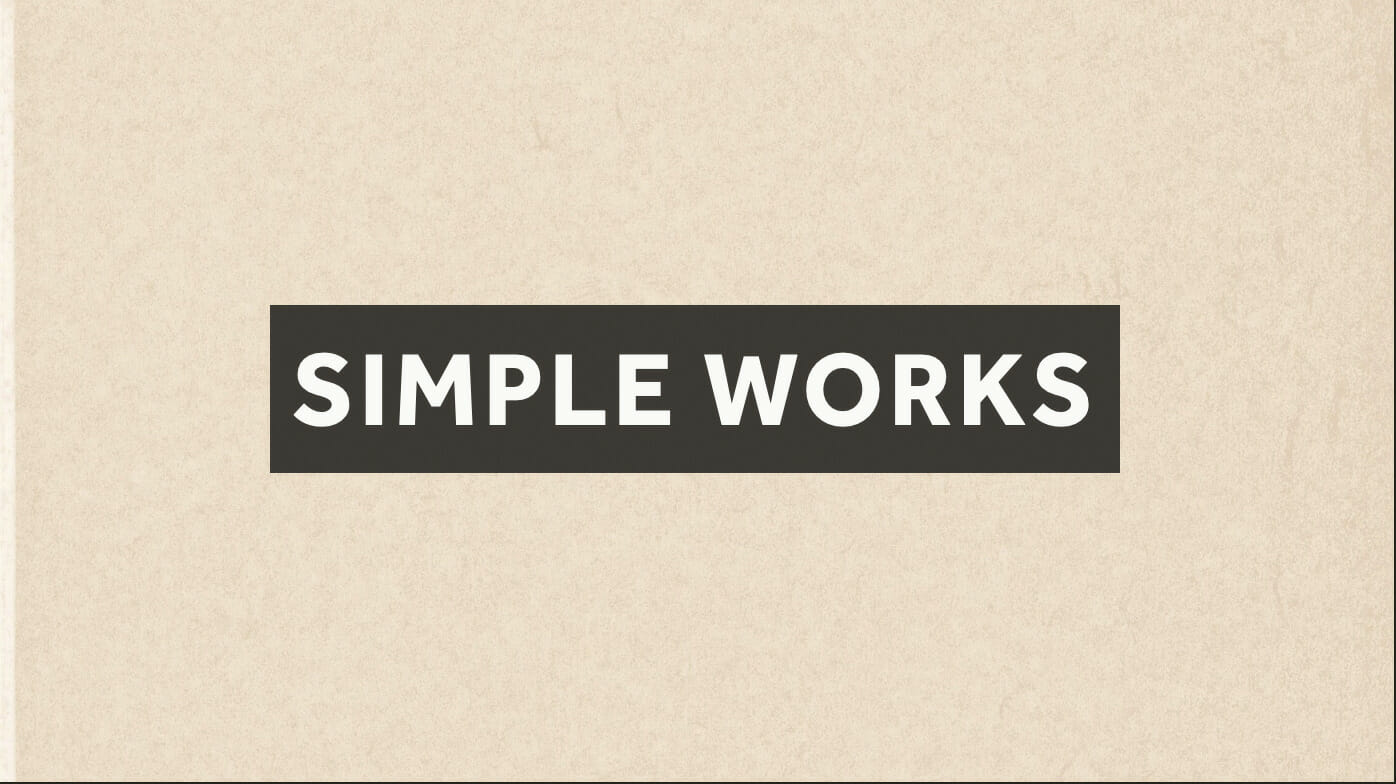
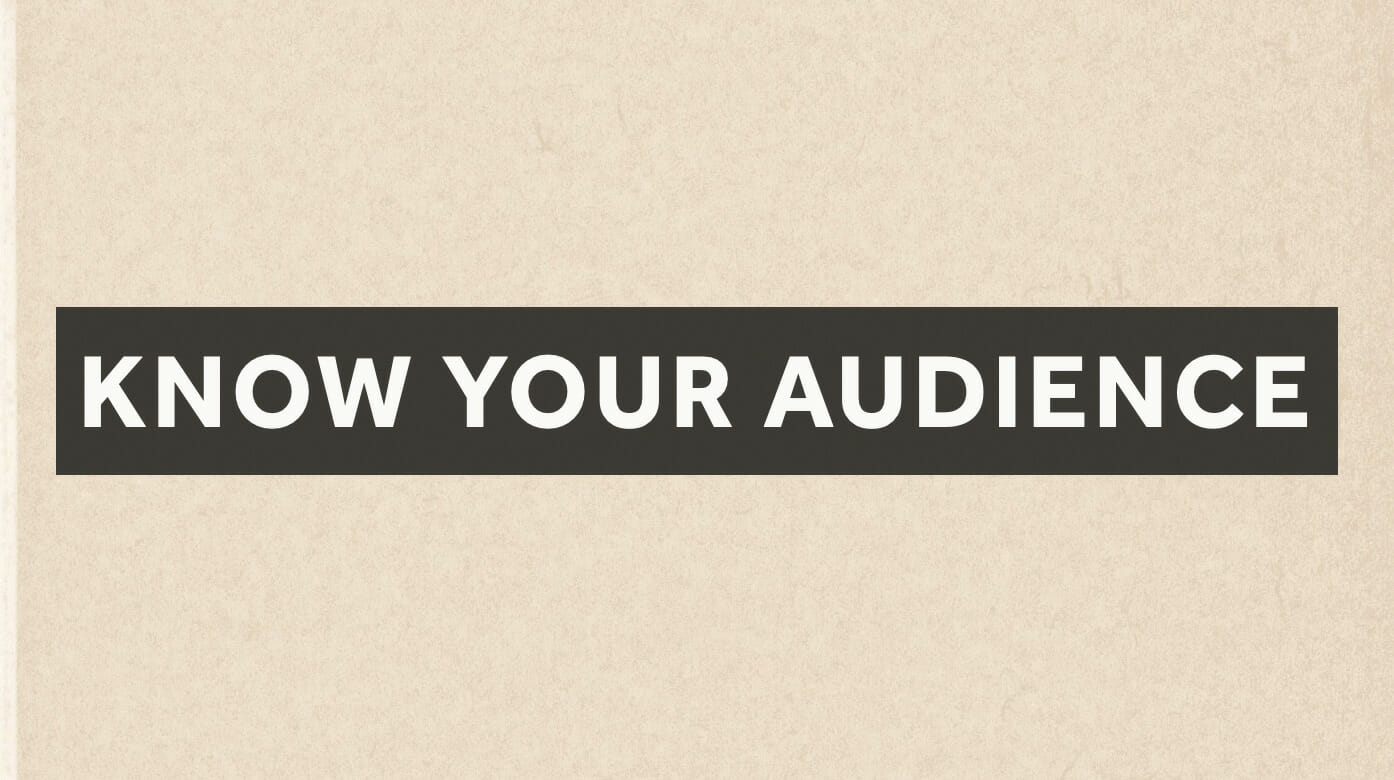
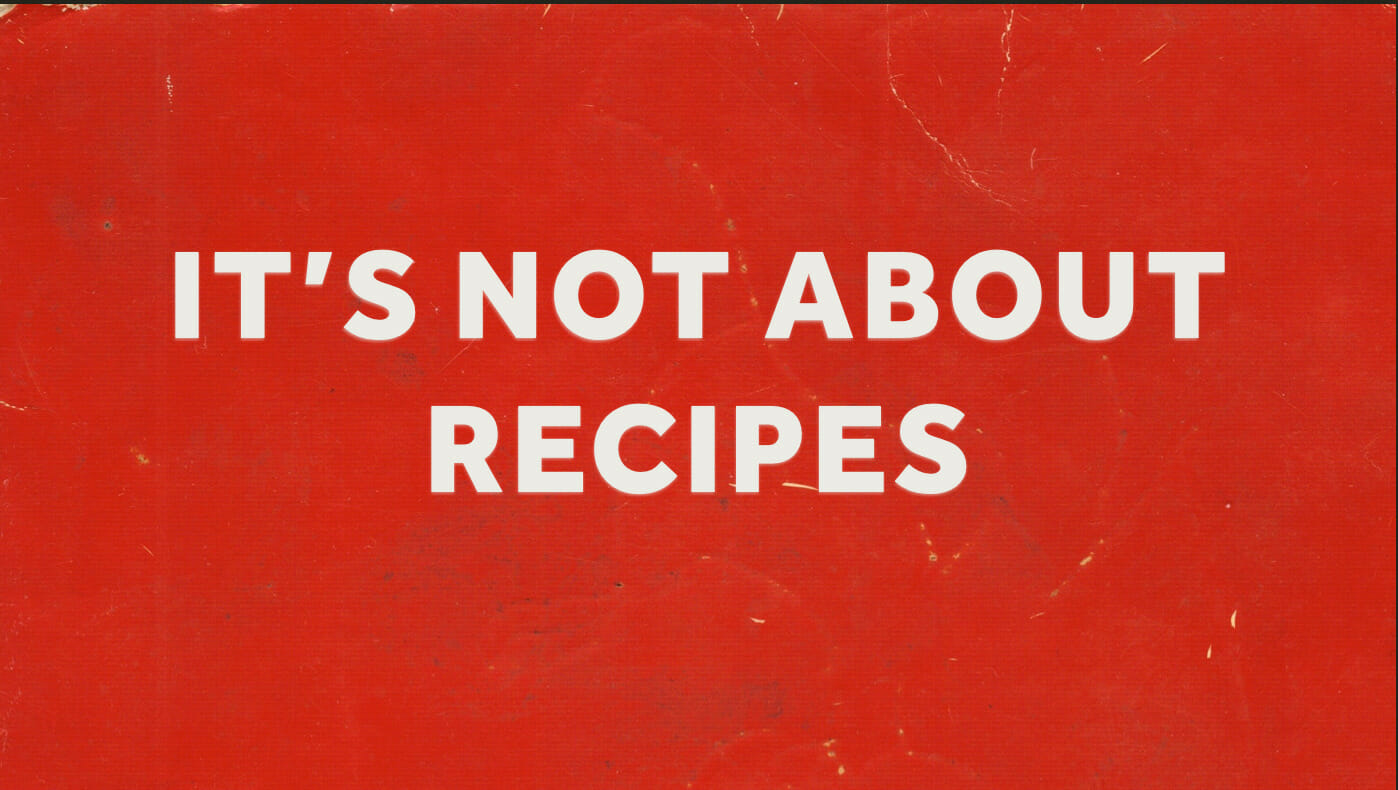
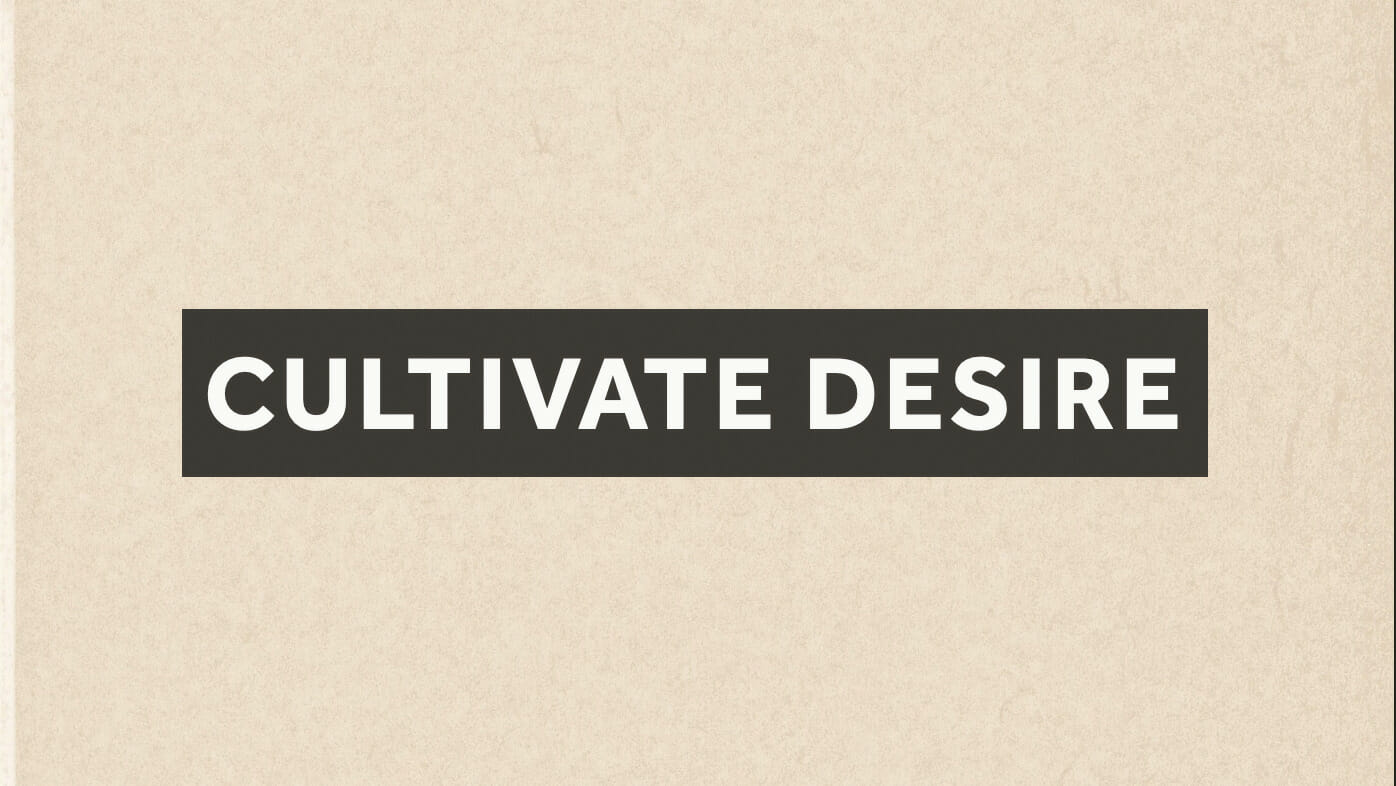
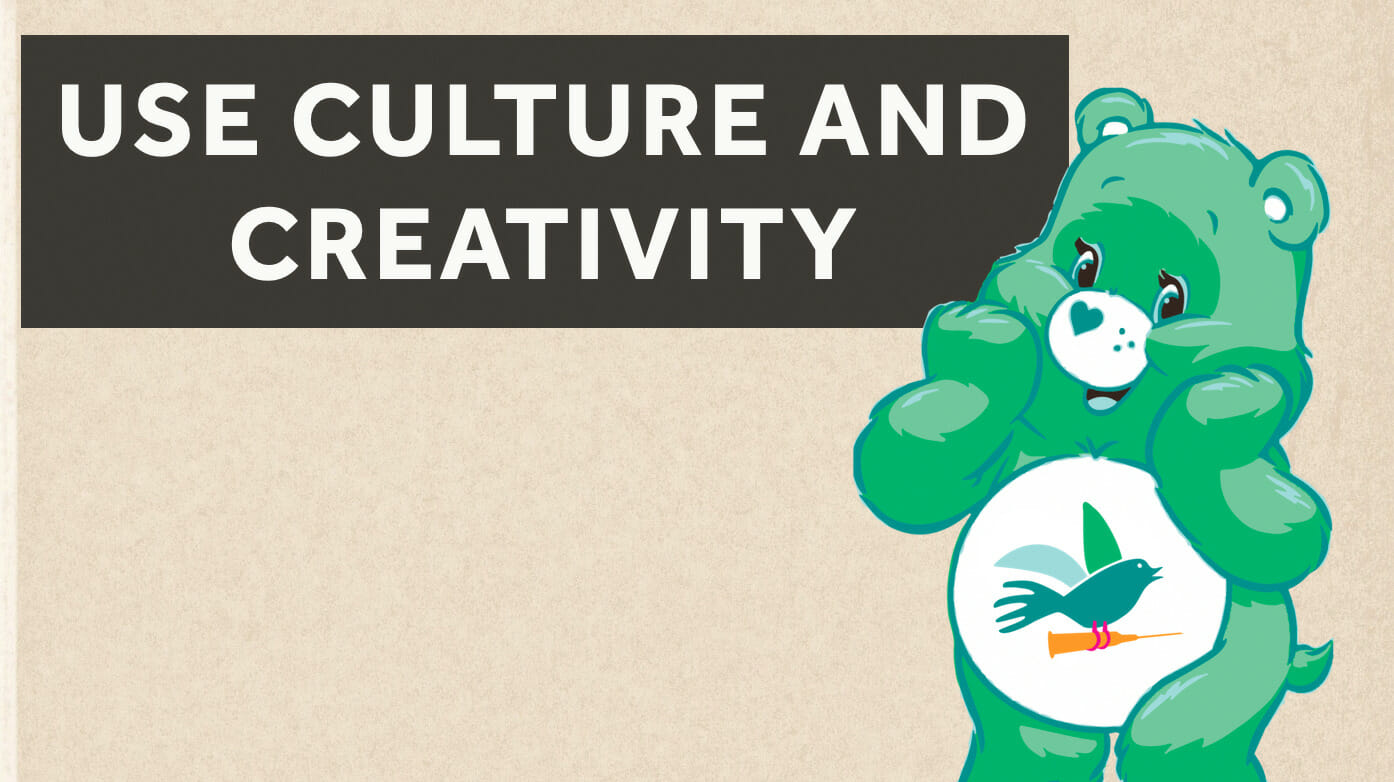
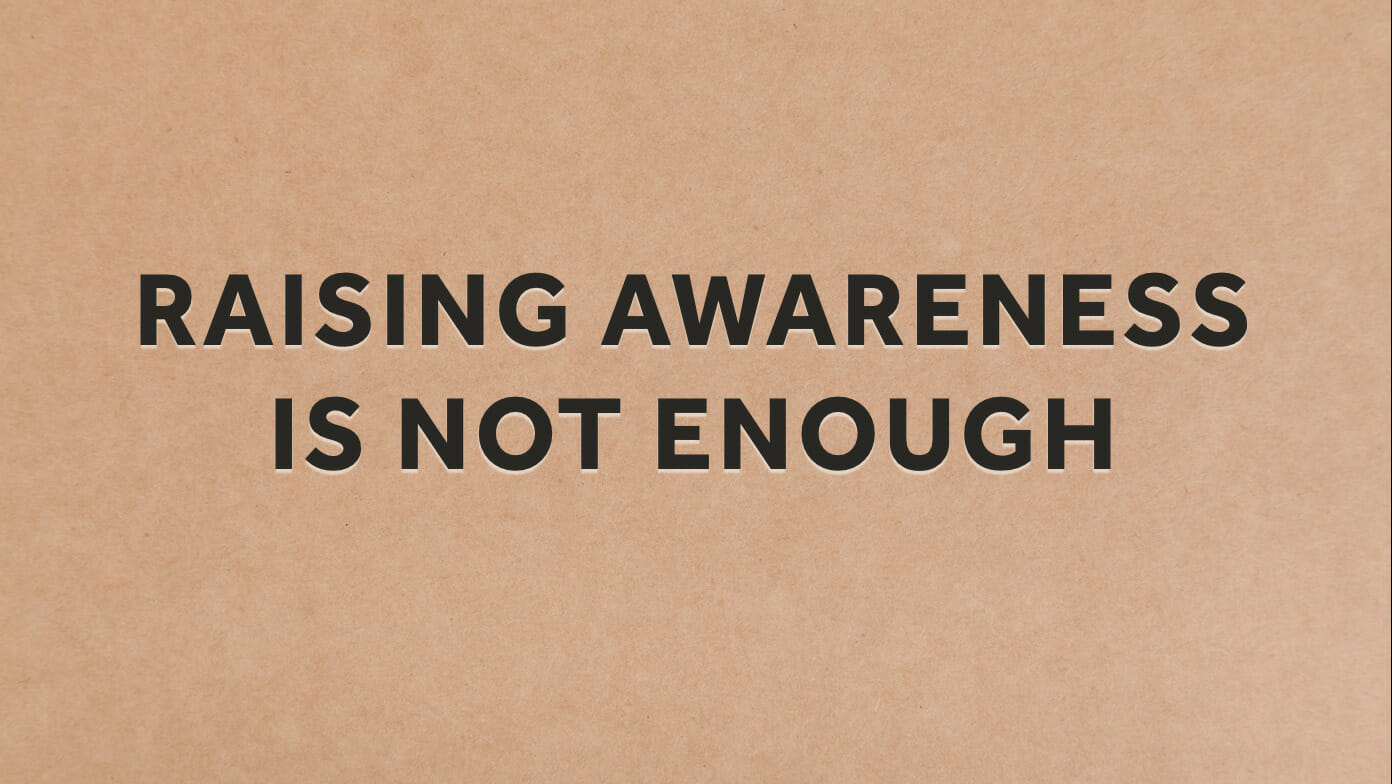
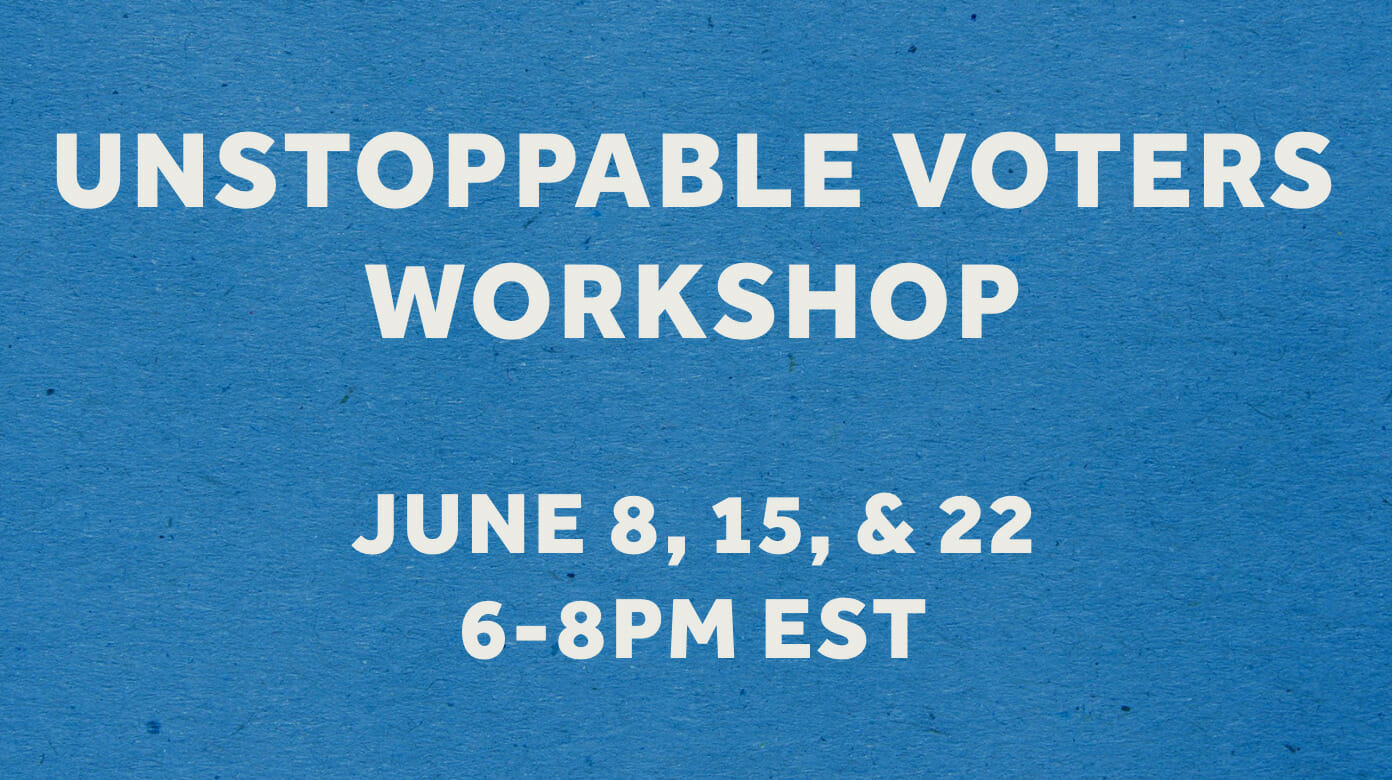
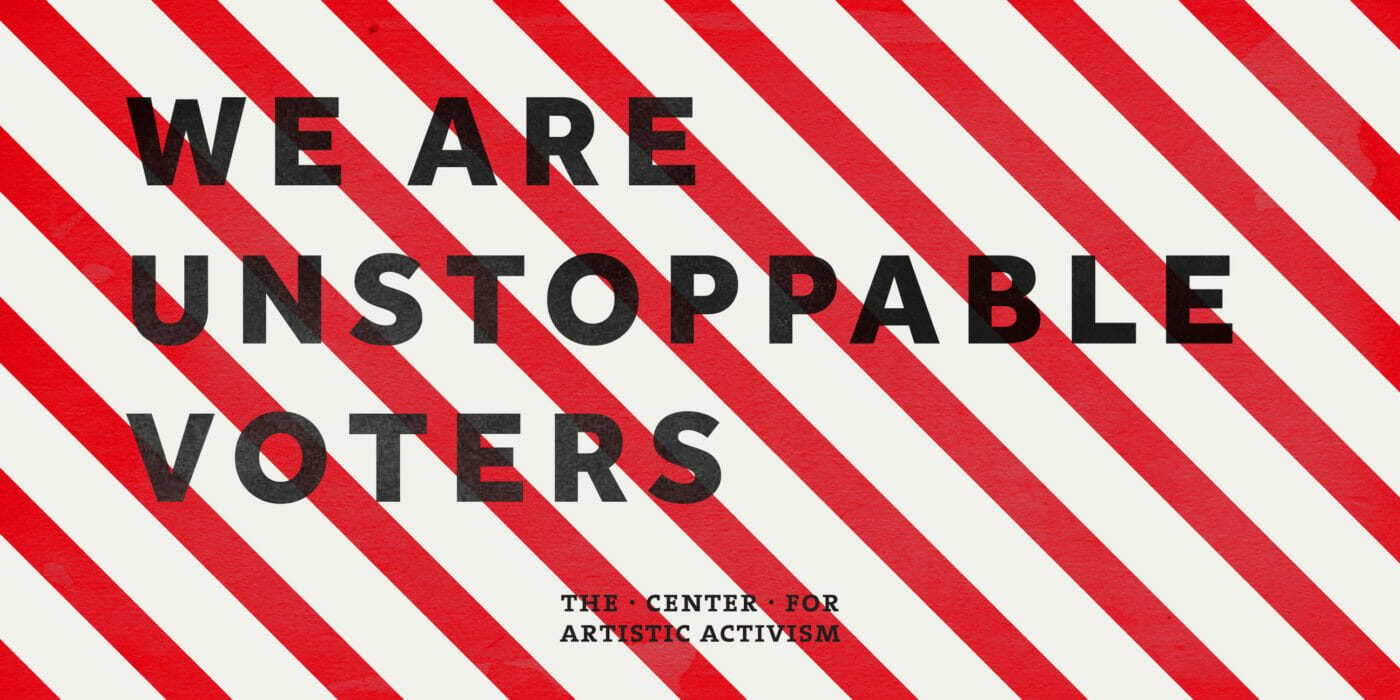

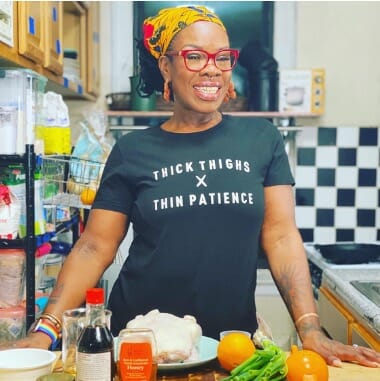
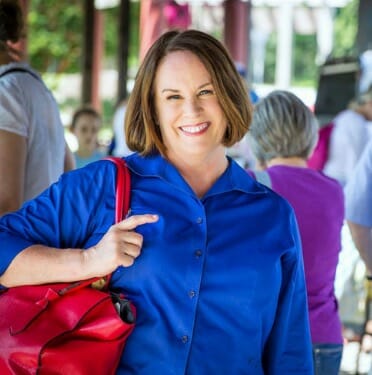













 Support/donate to organizations working on voting issues:
Support/donate to organizations working on voting issues:
